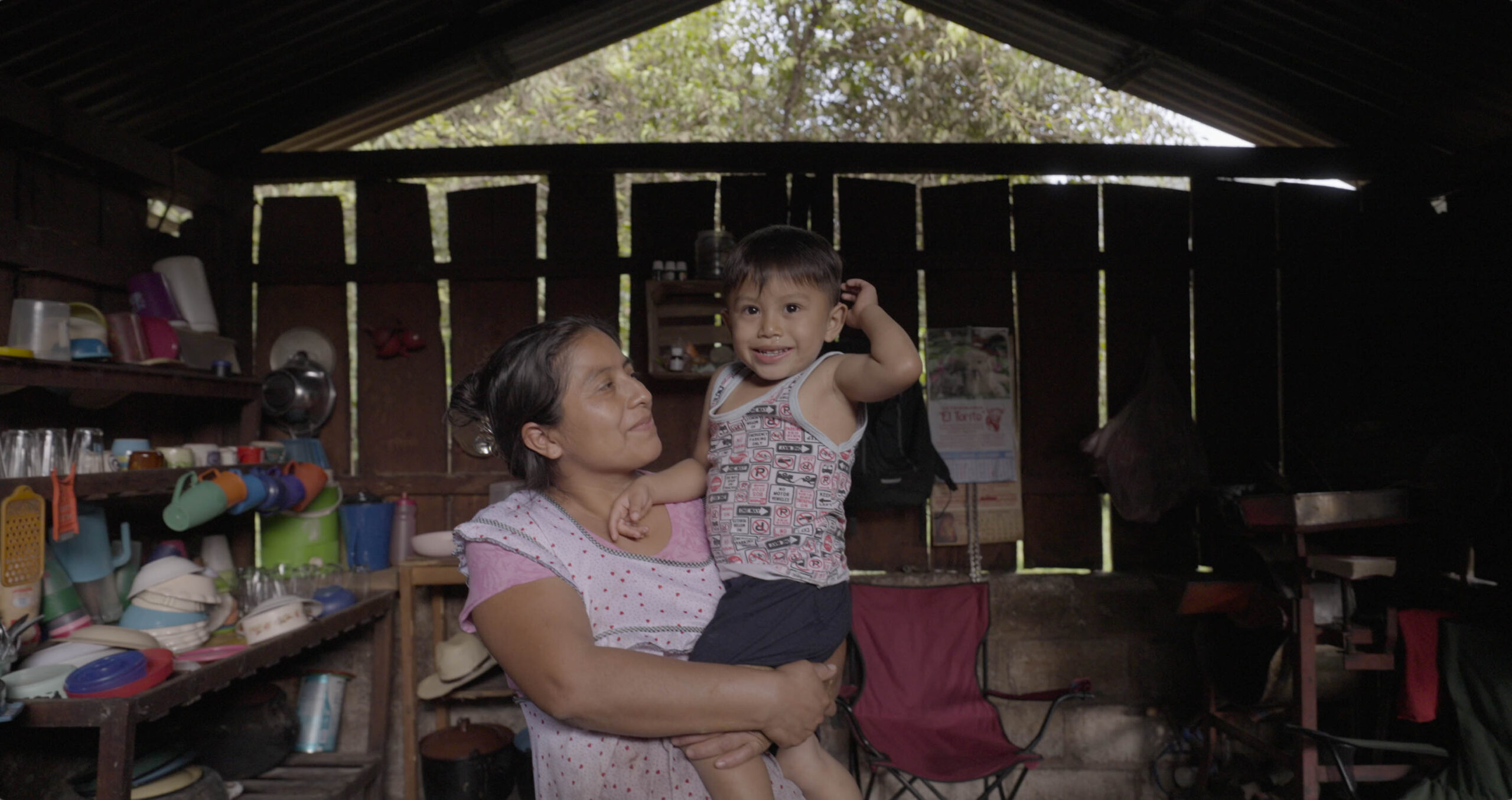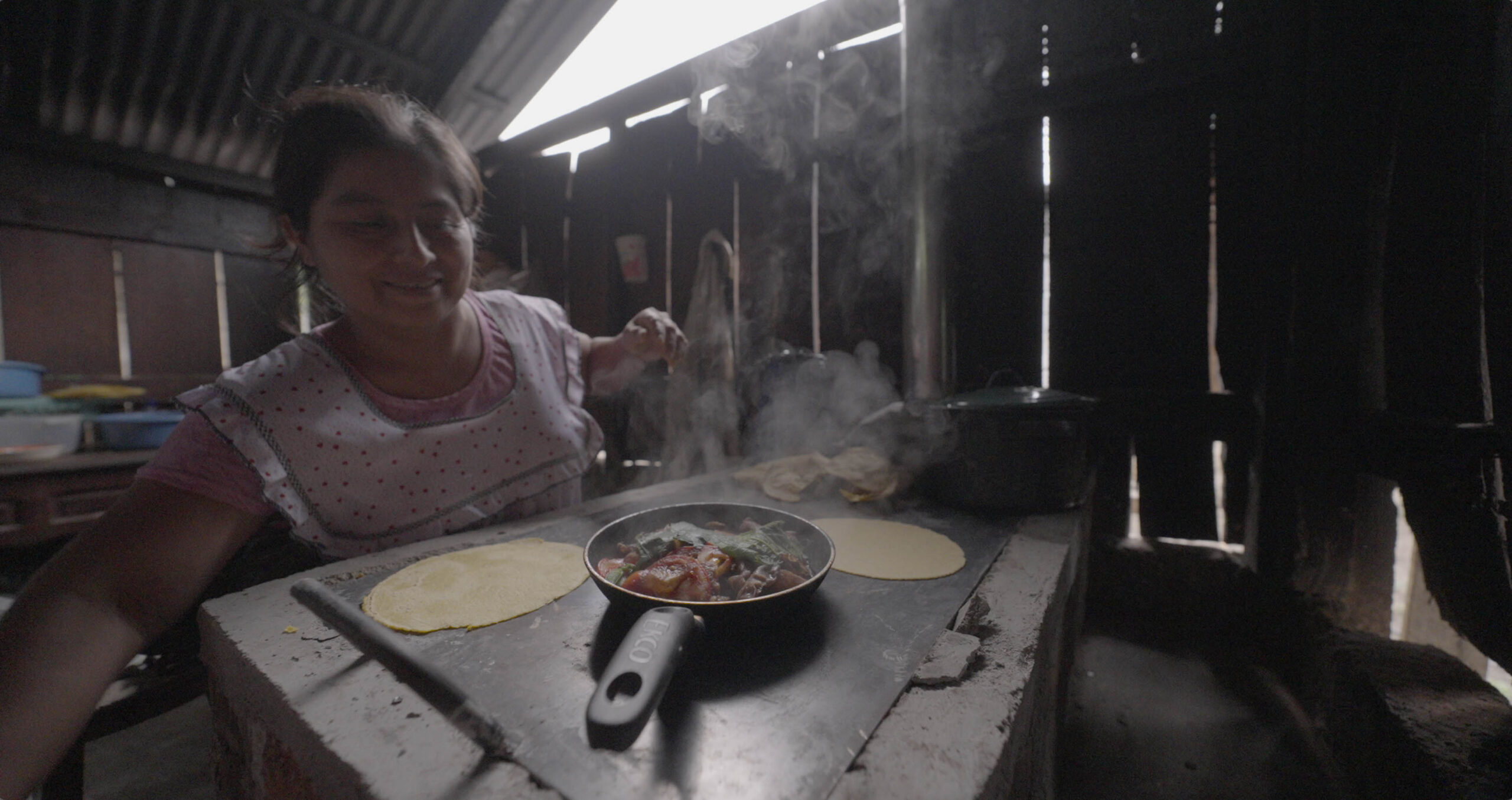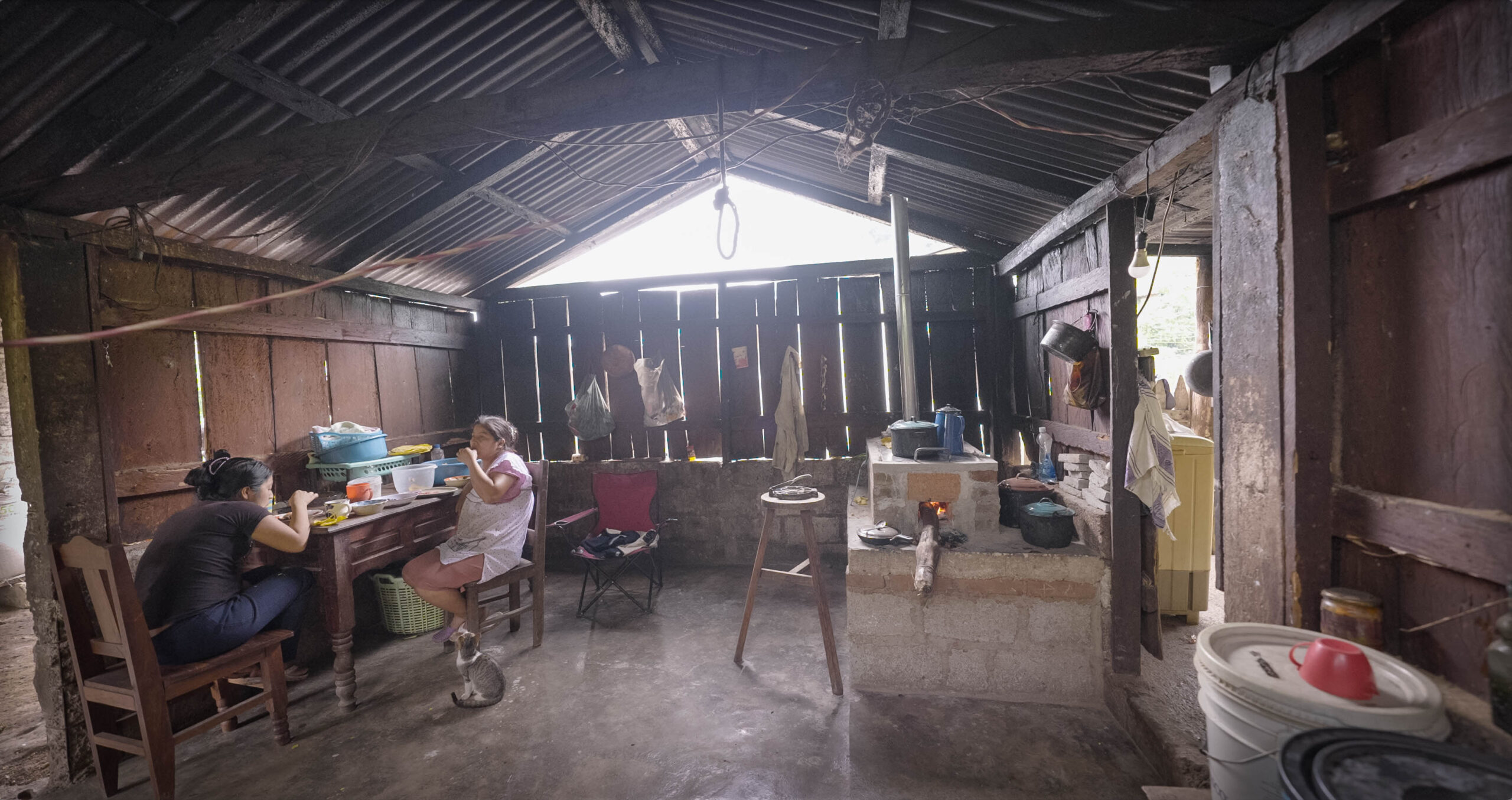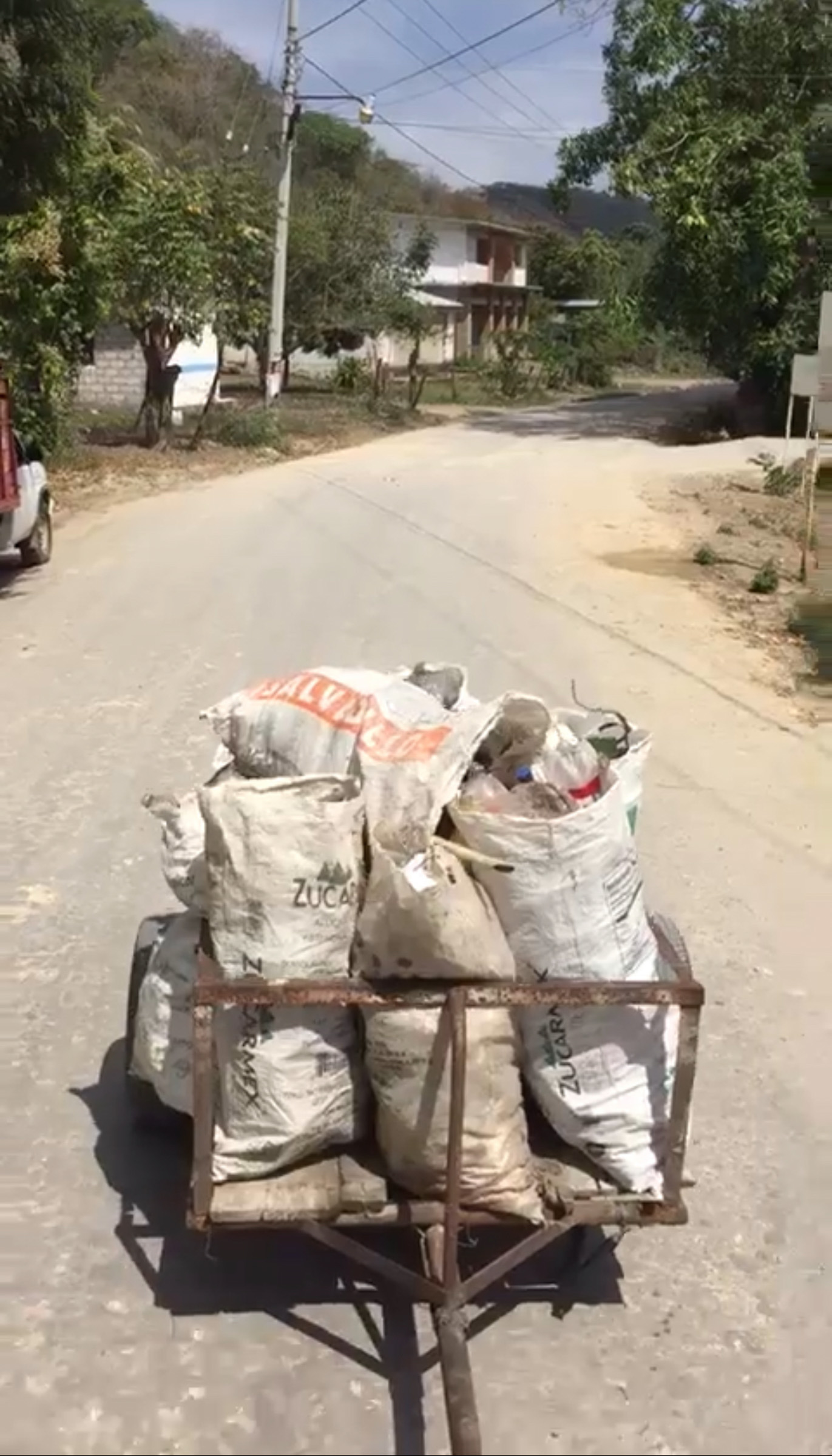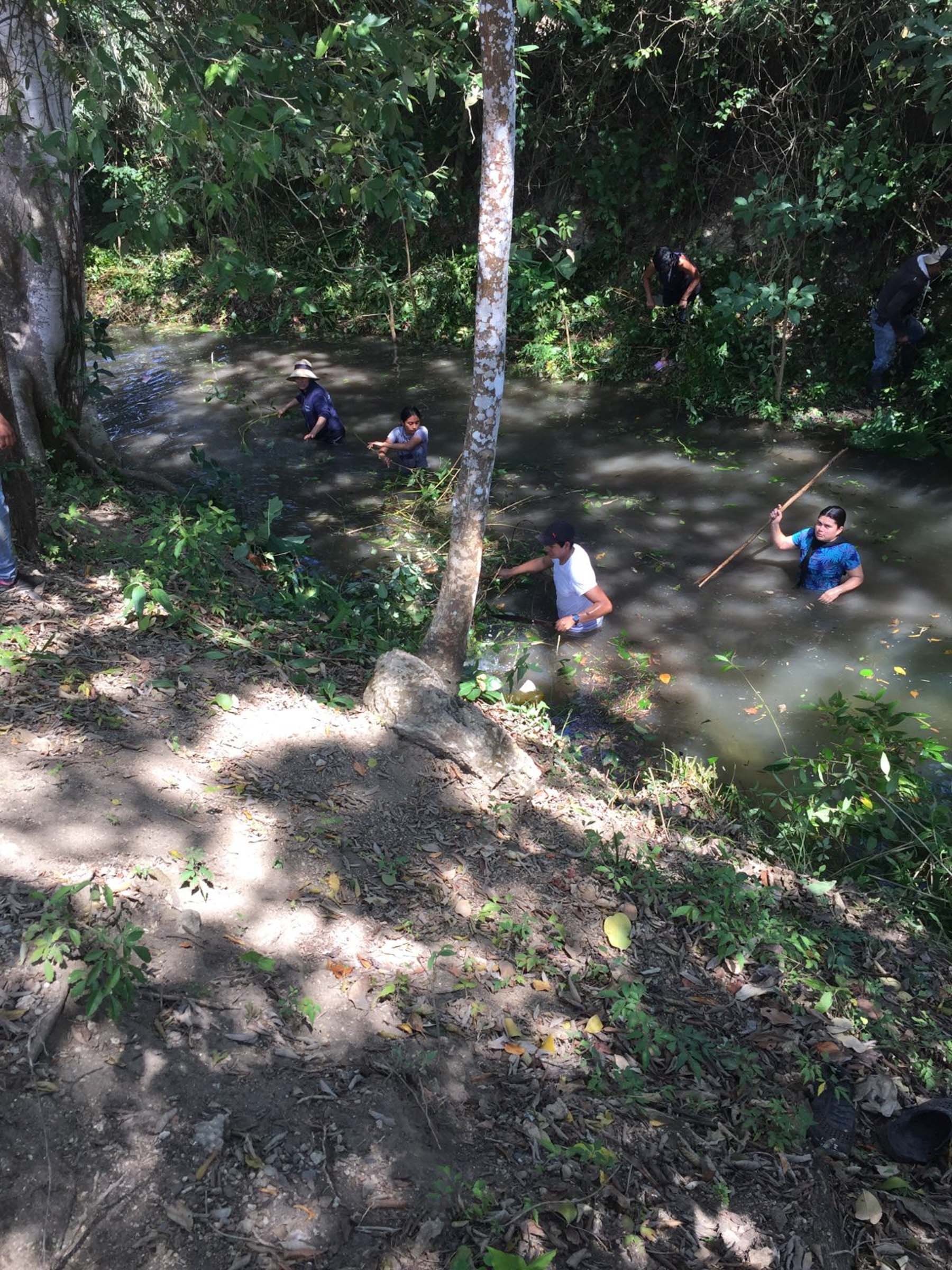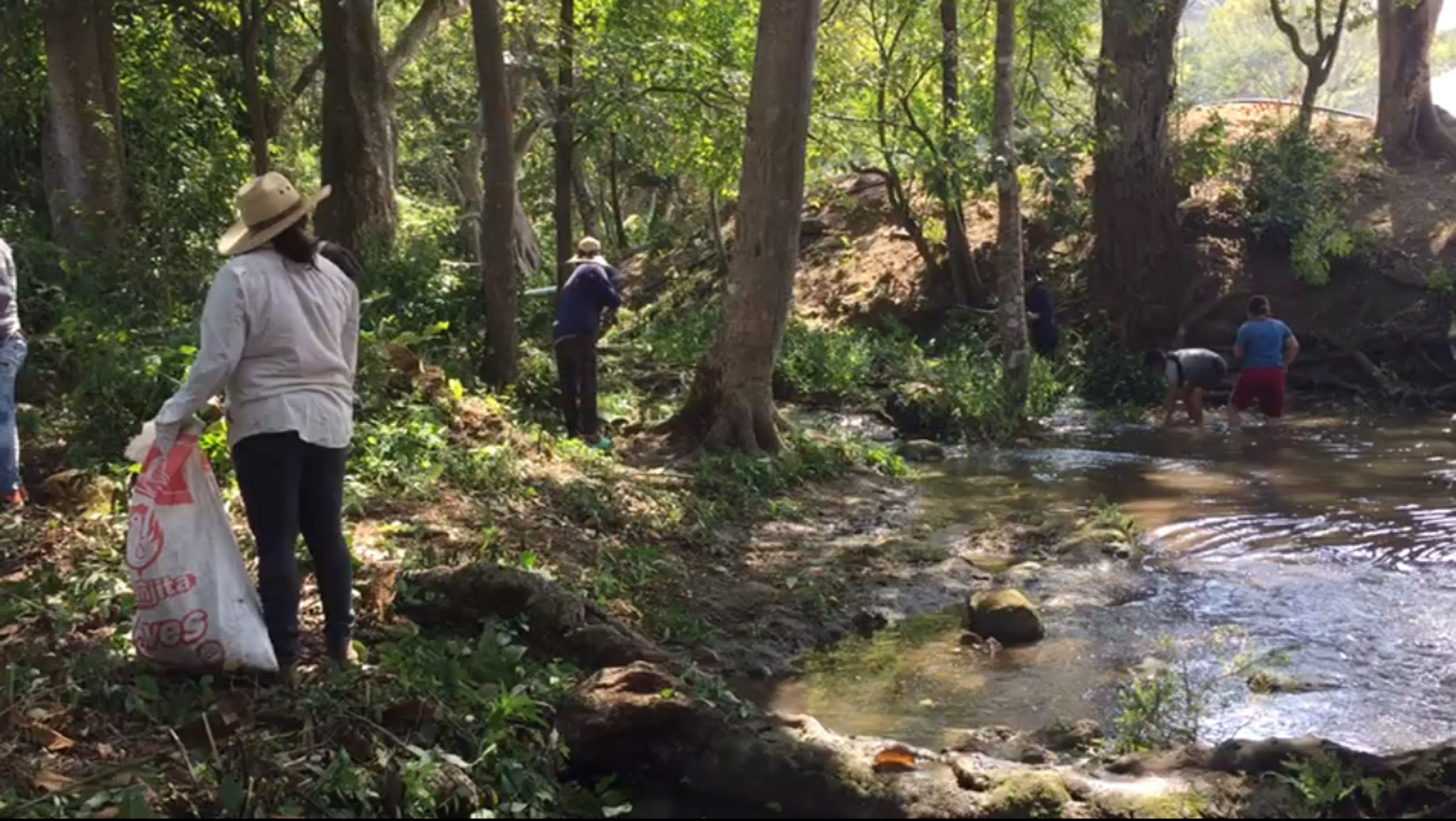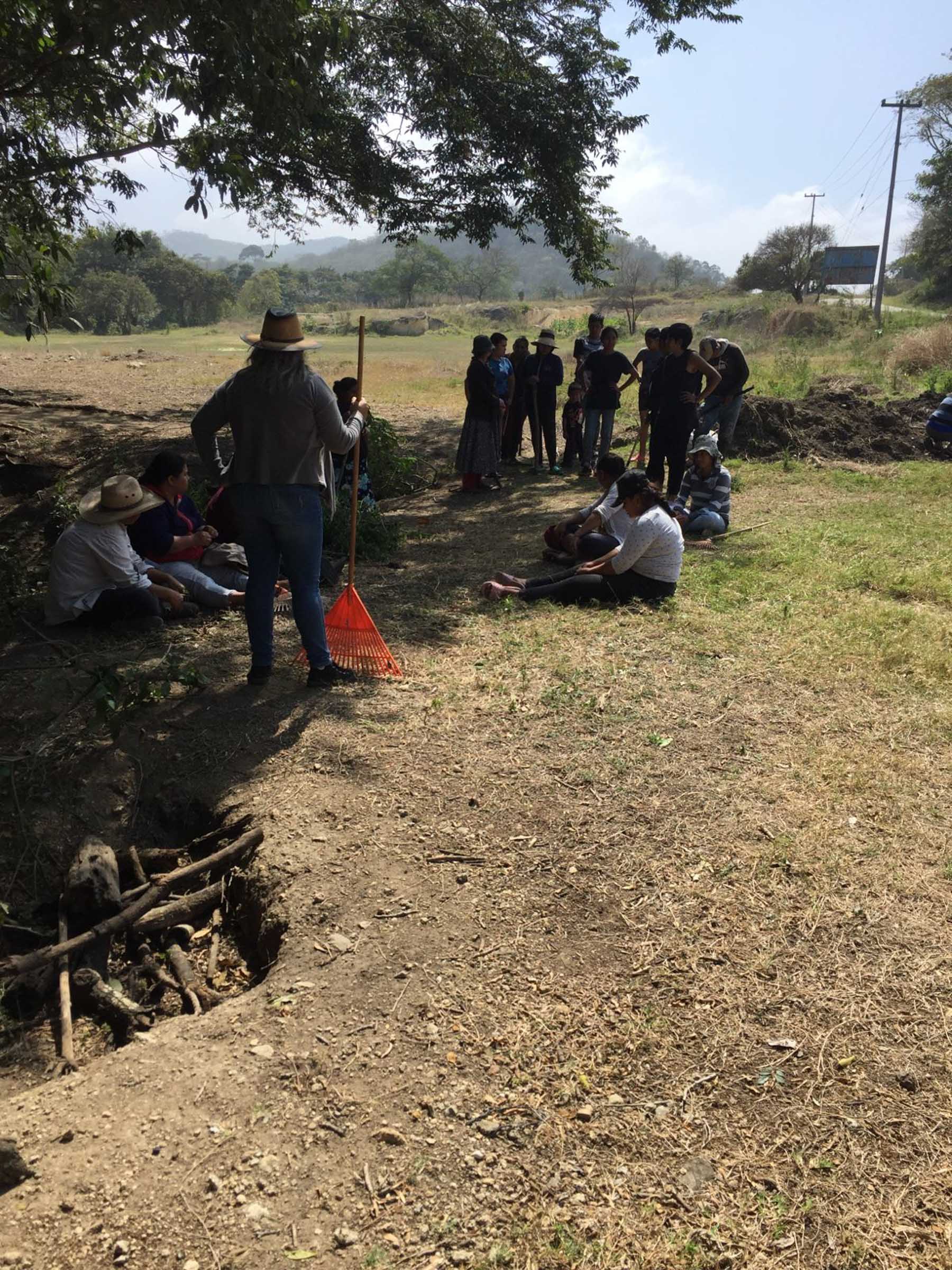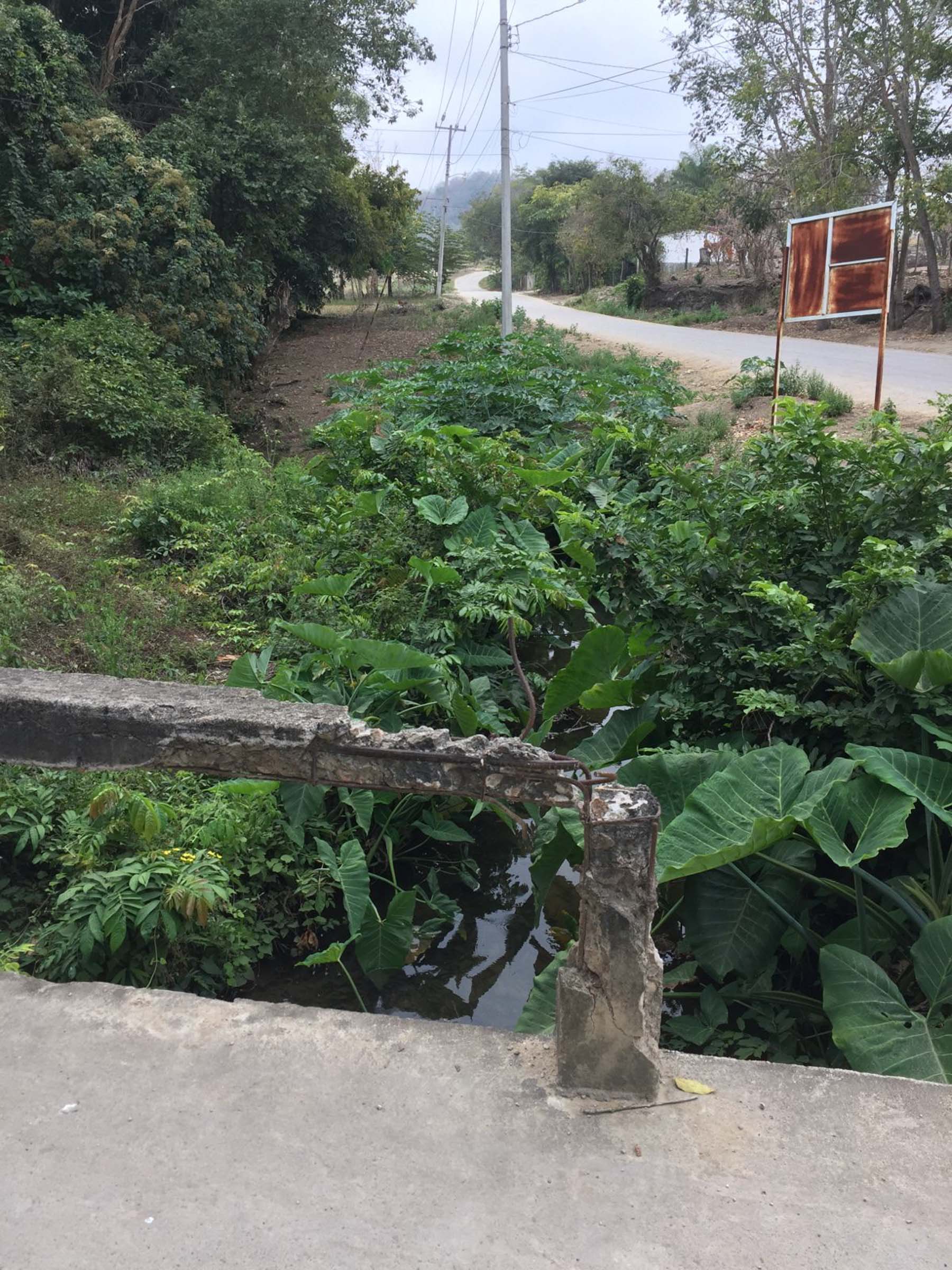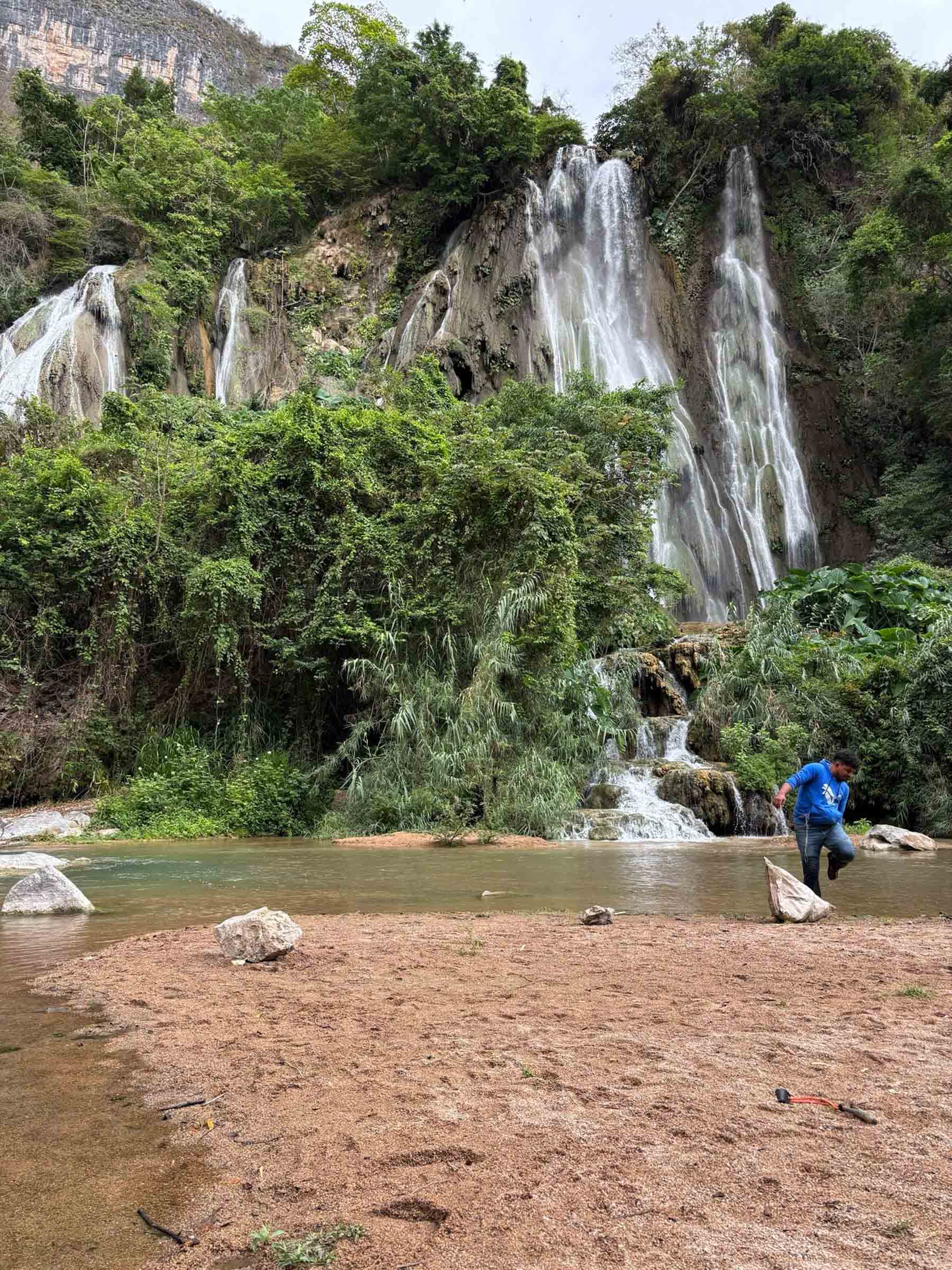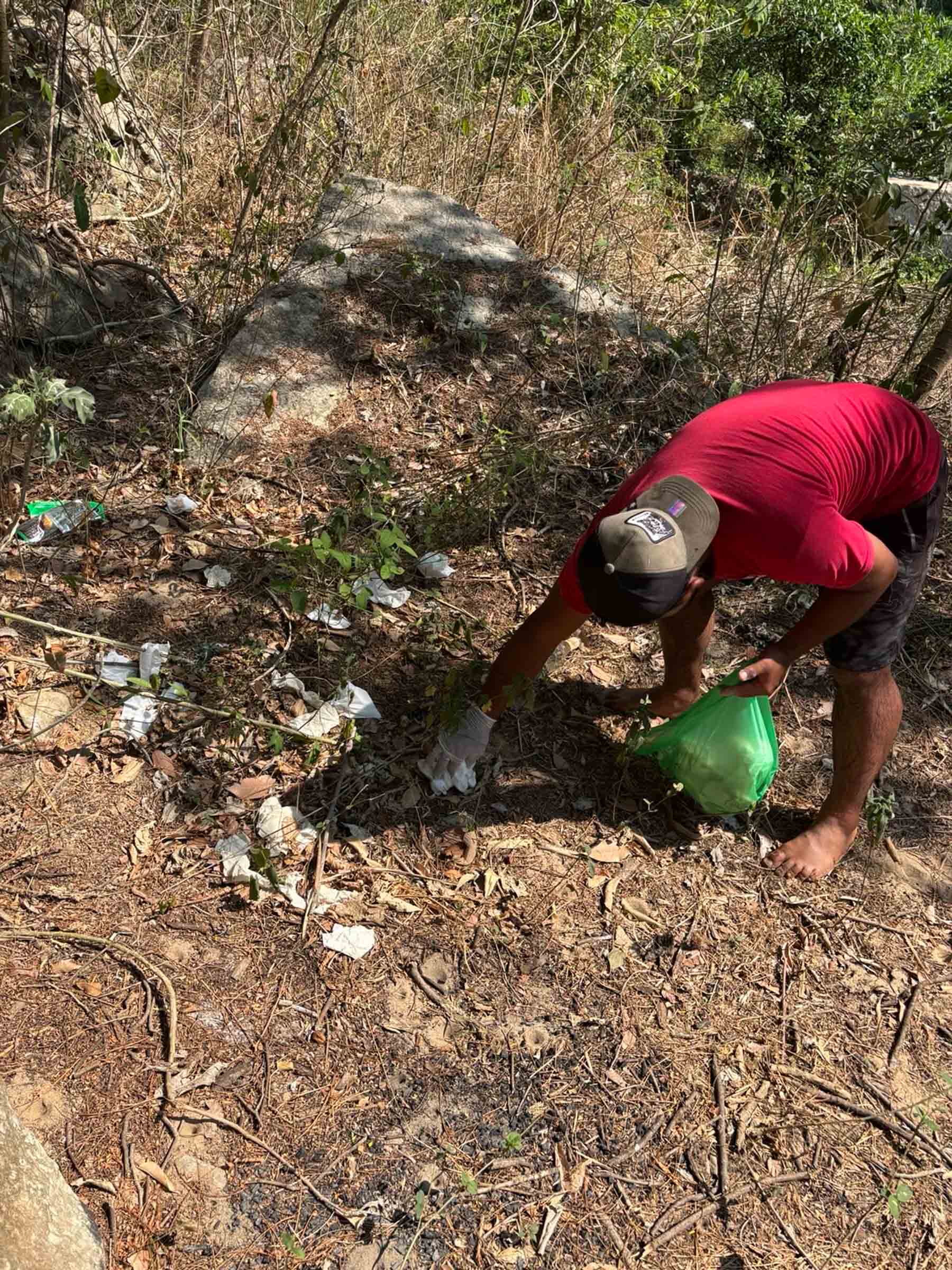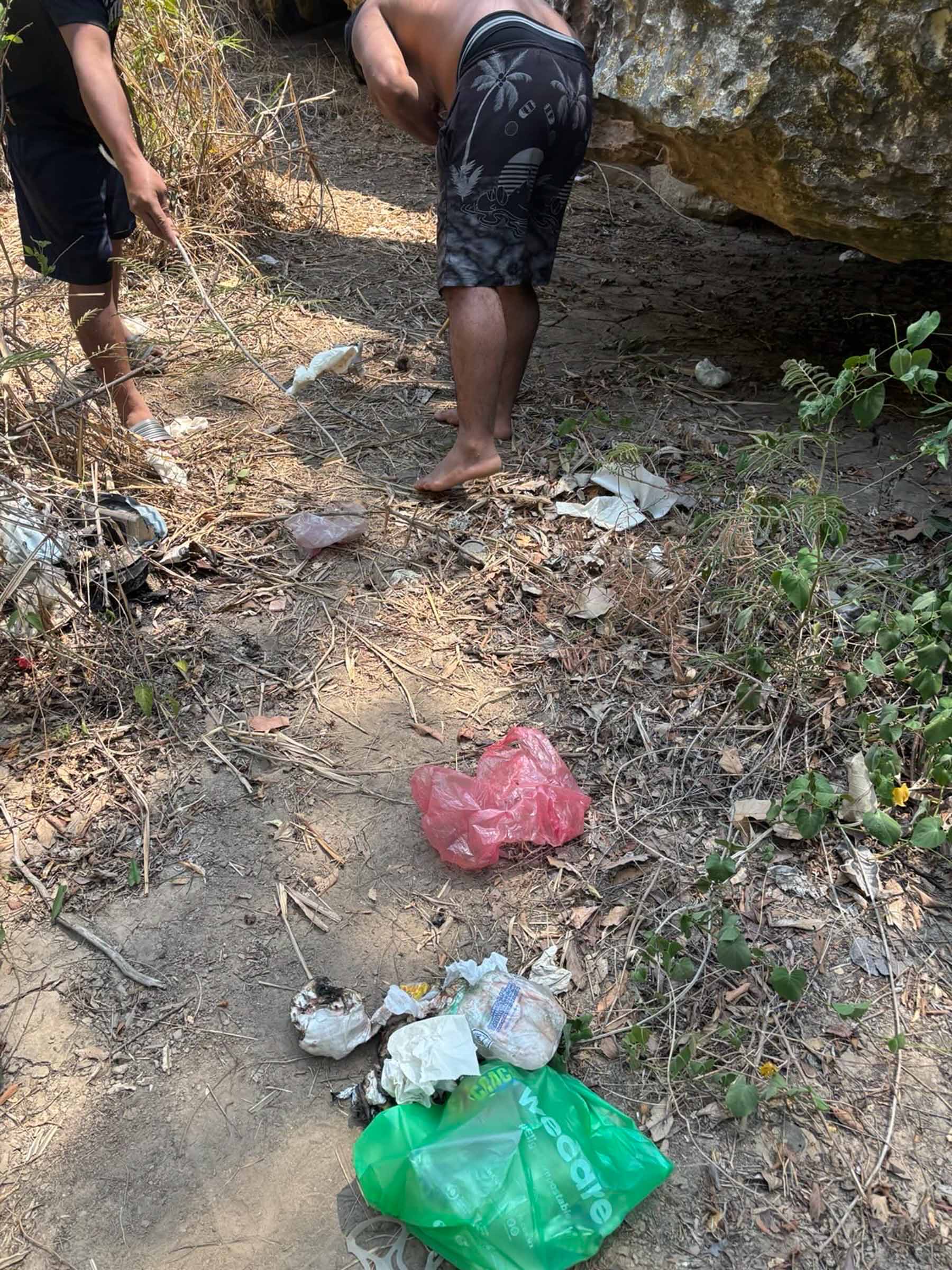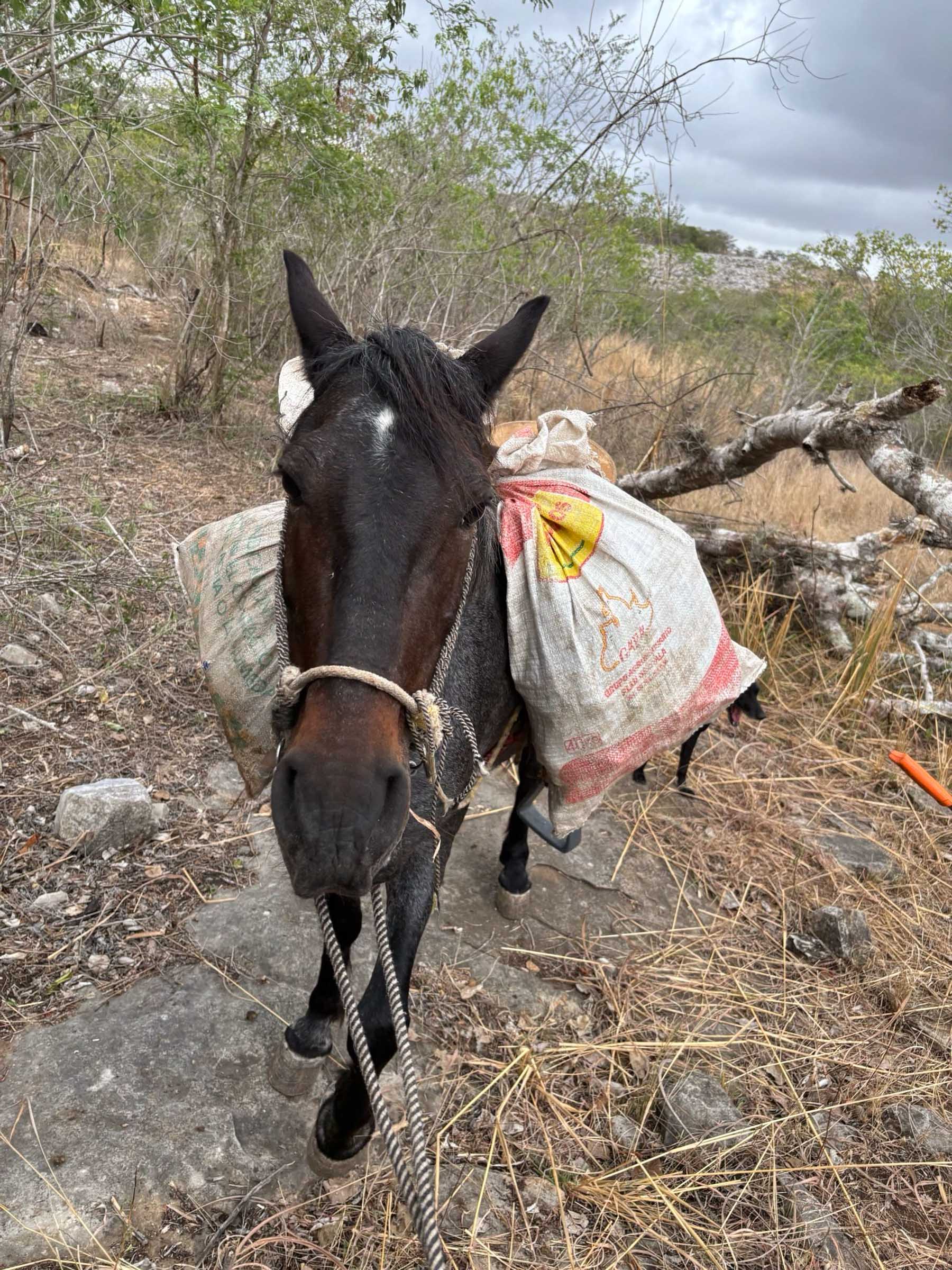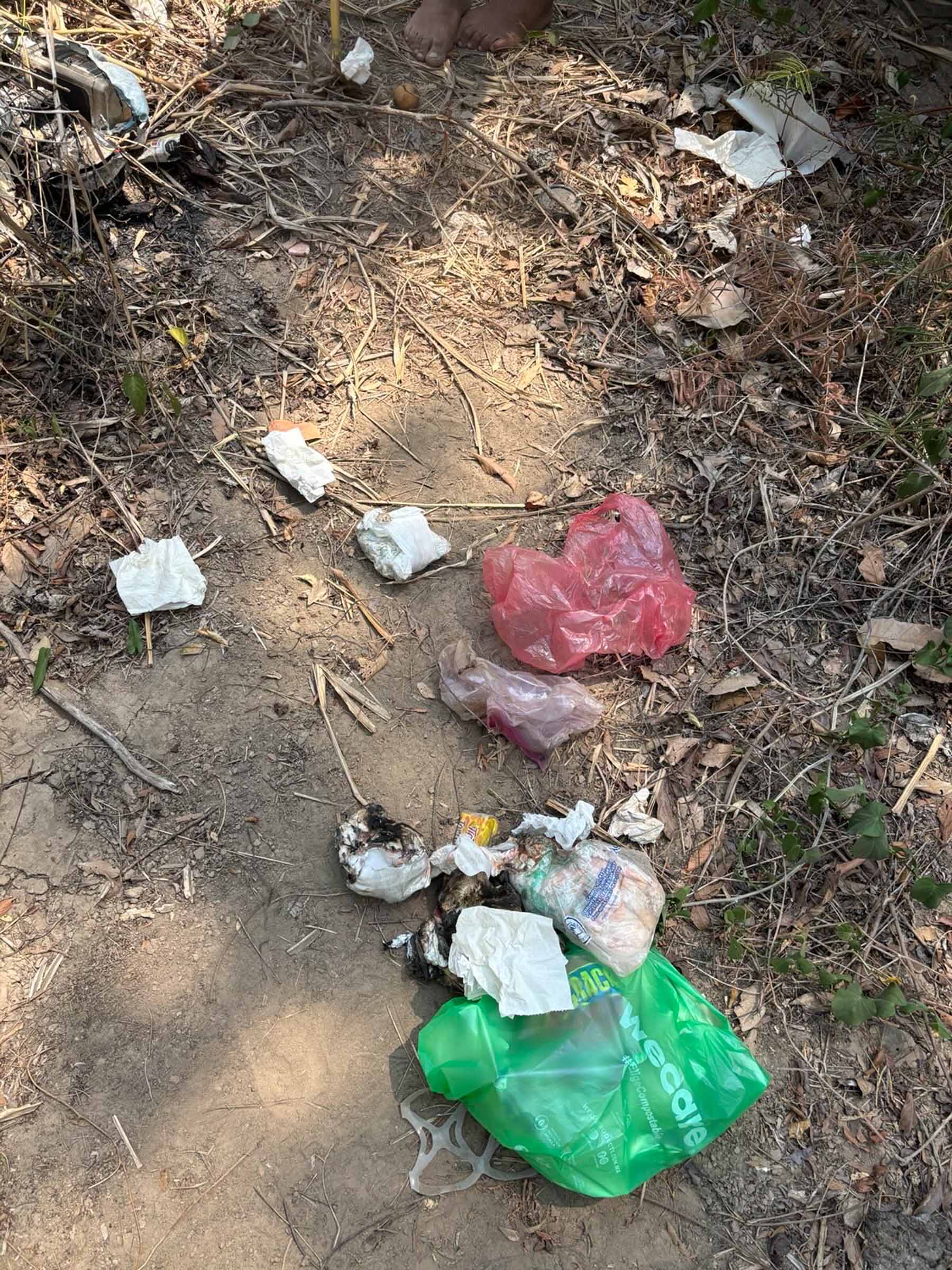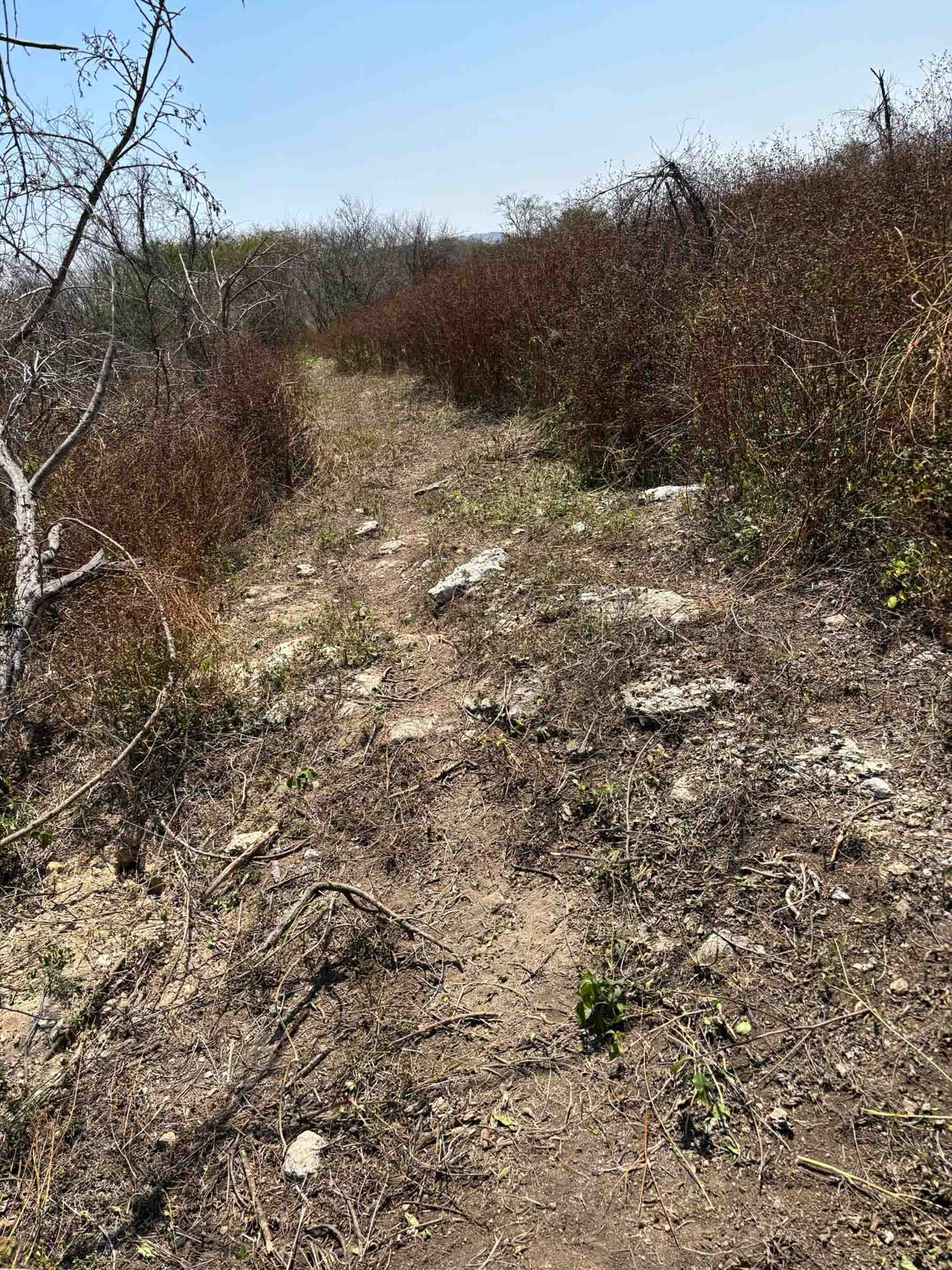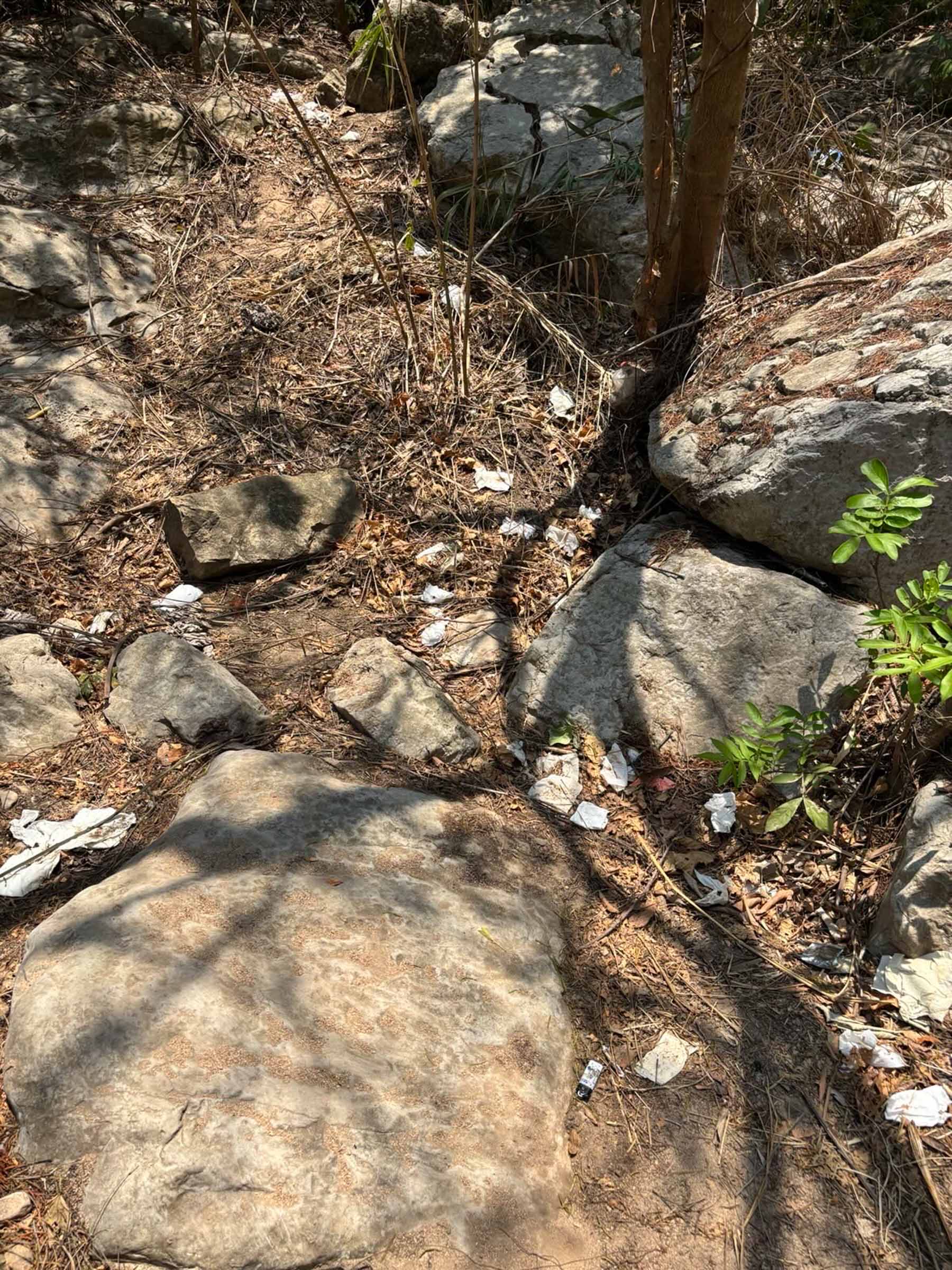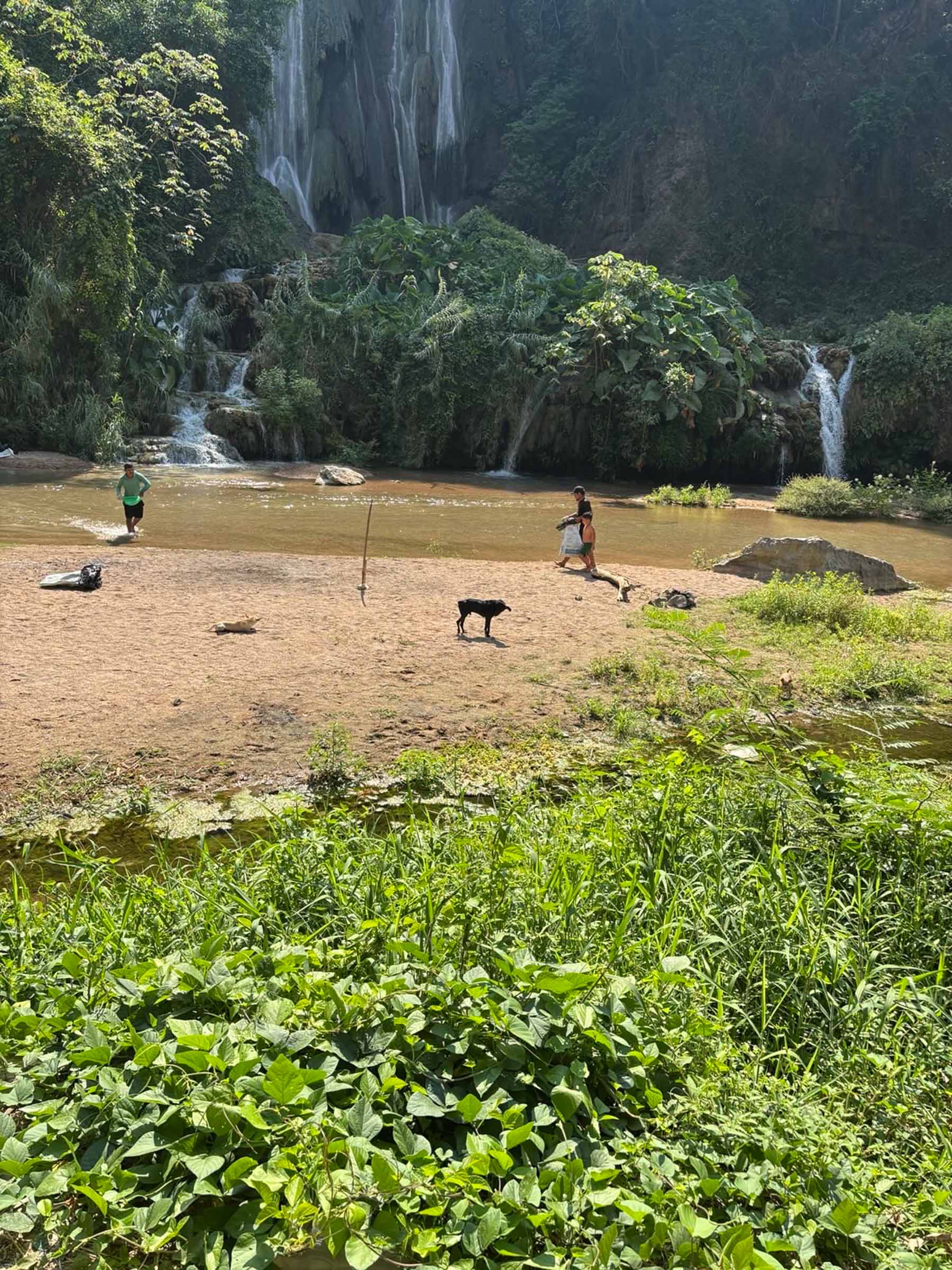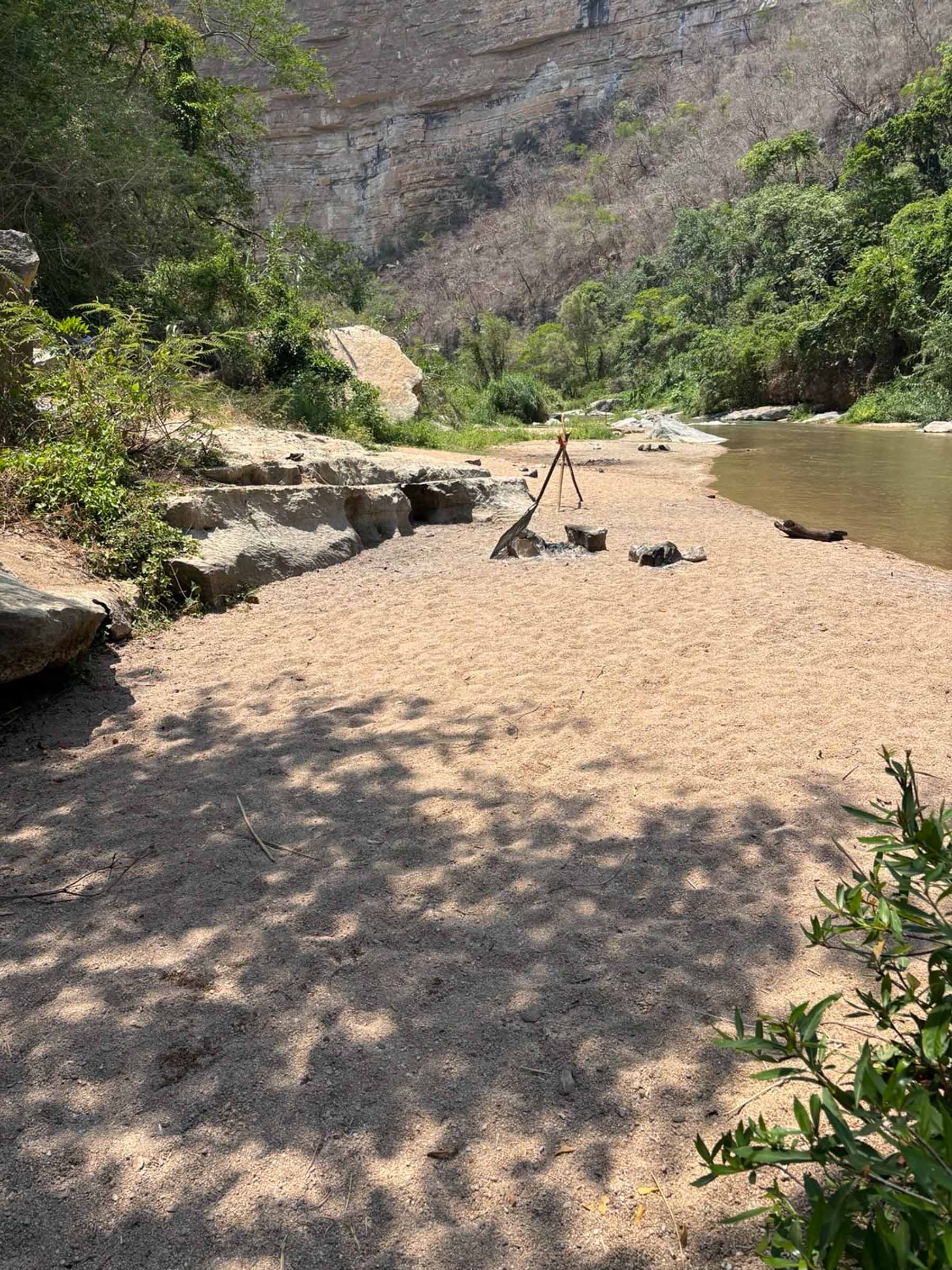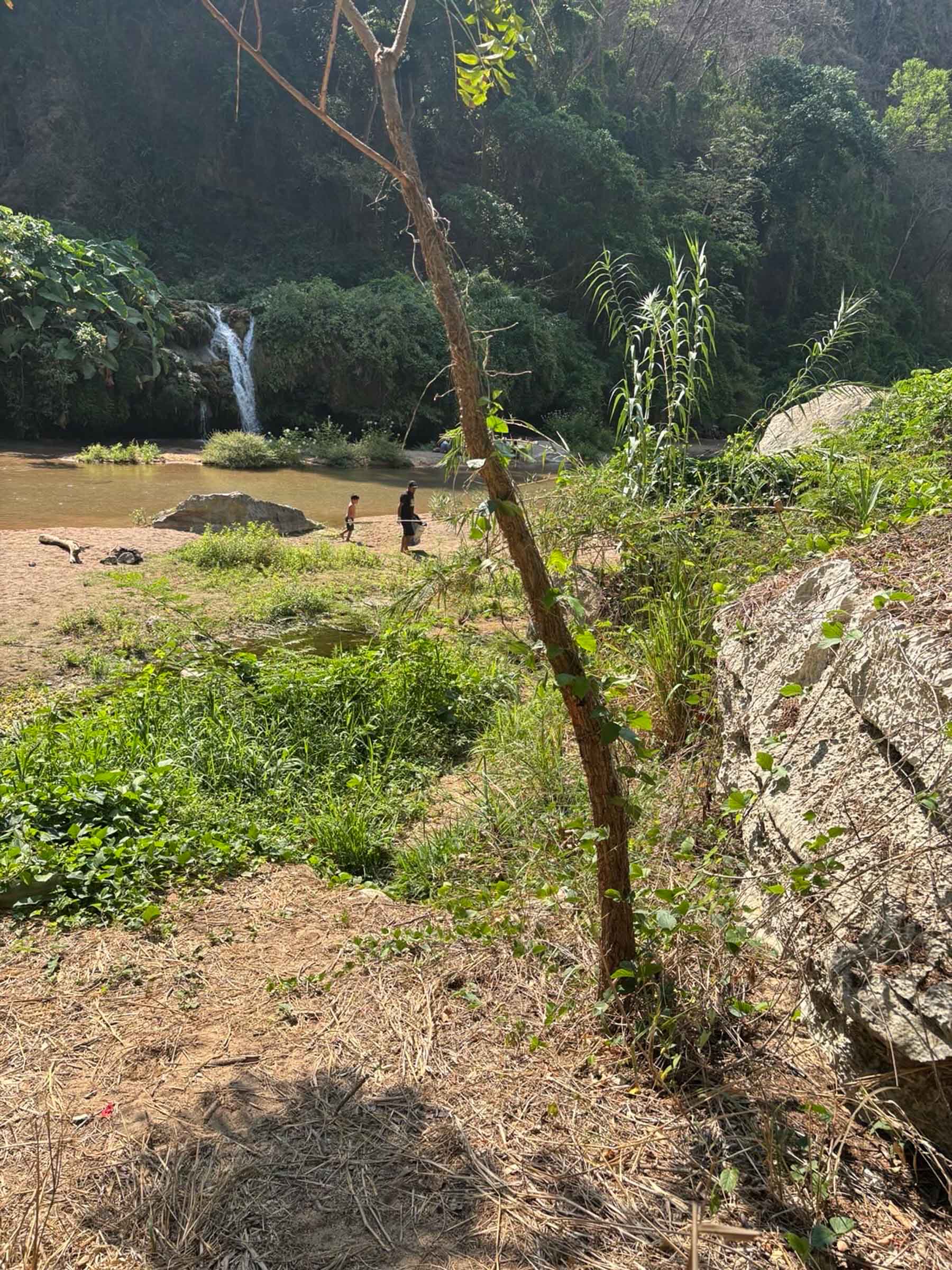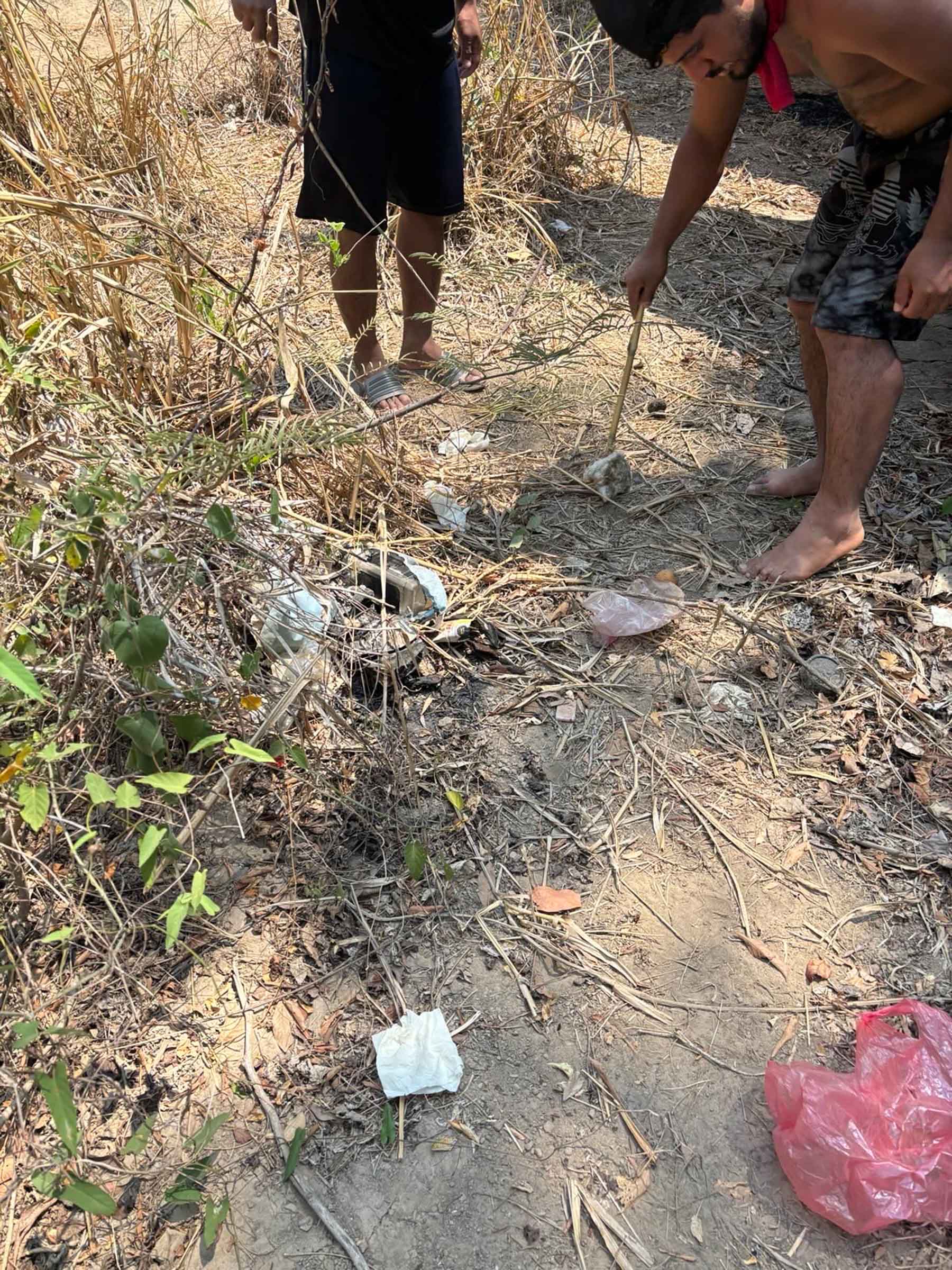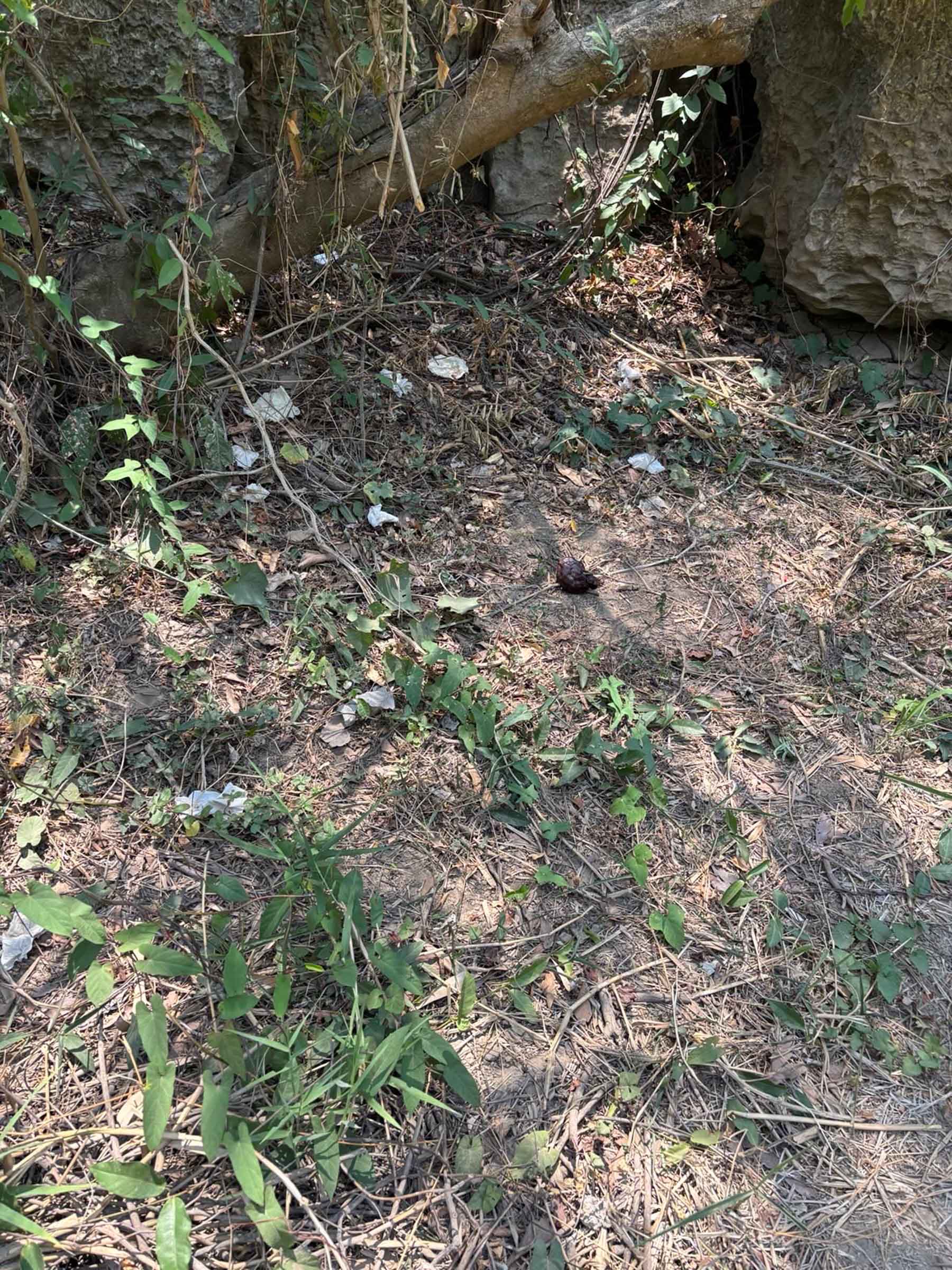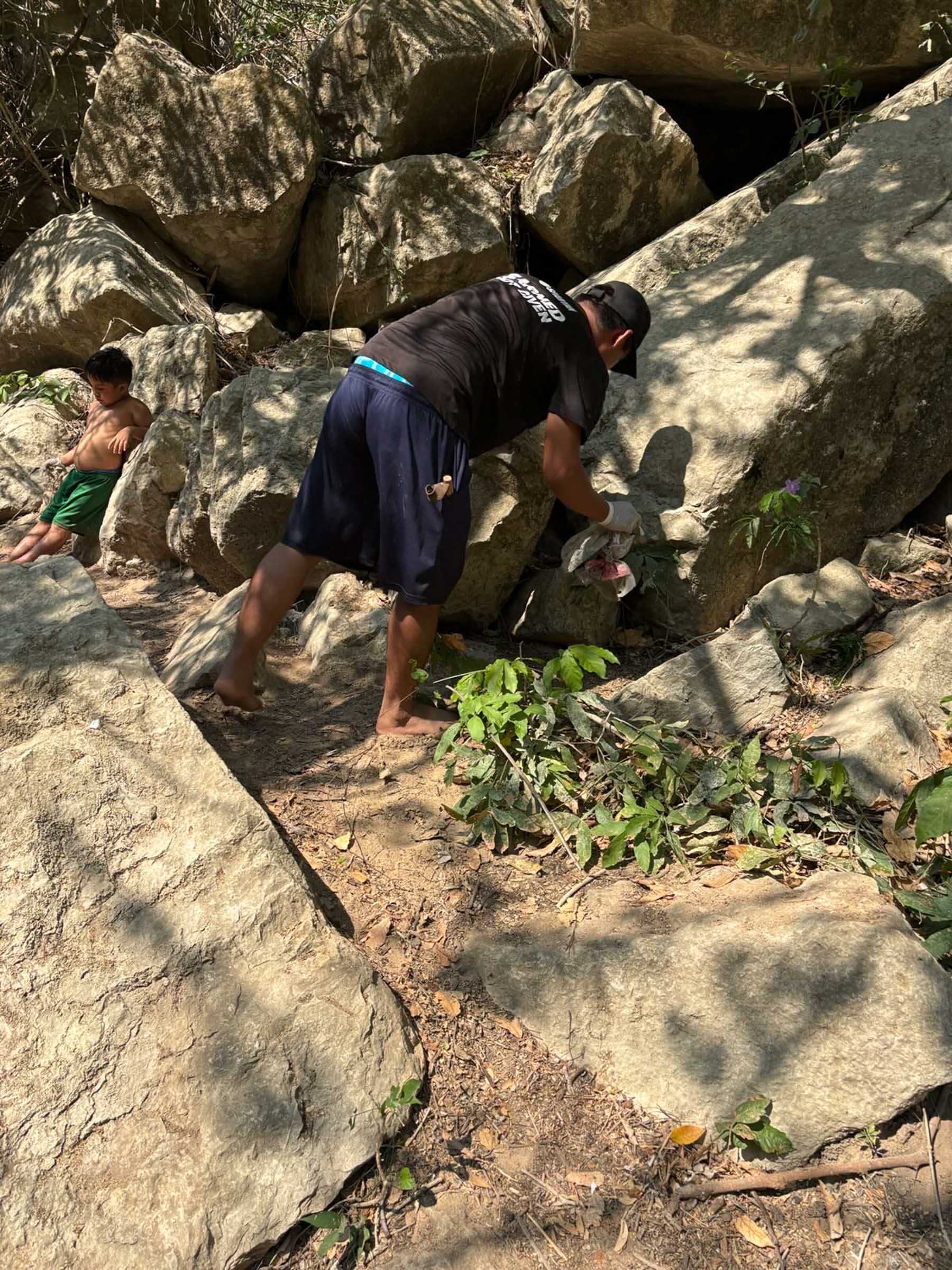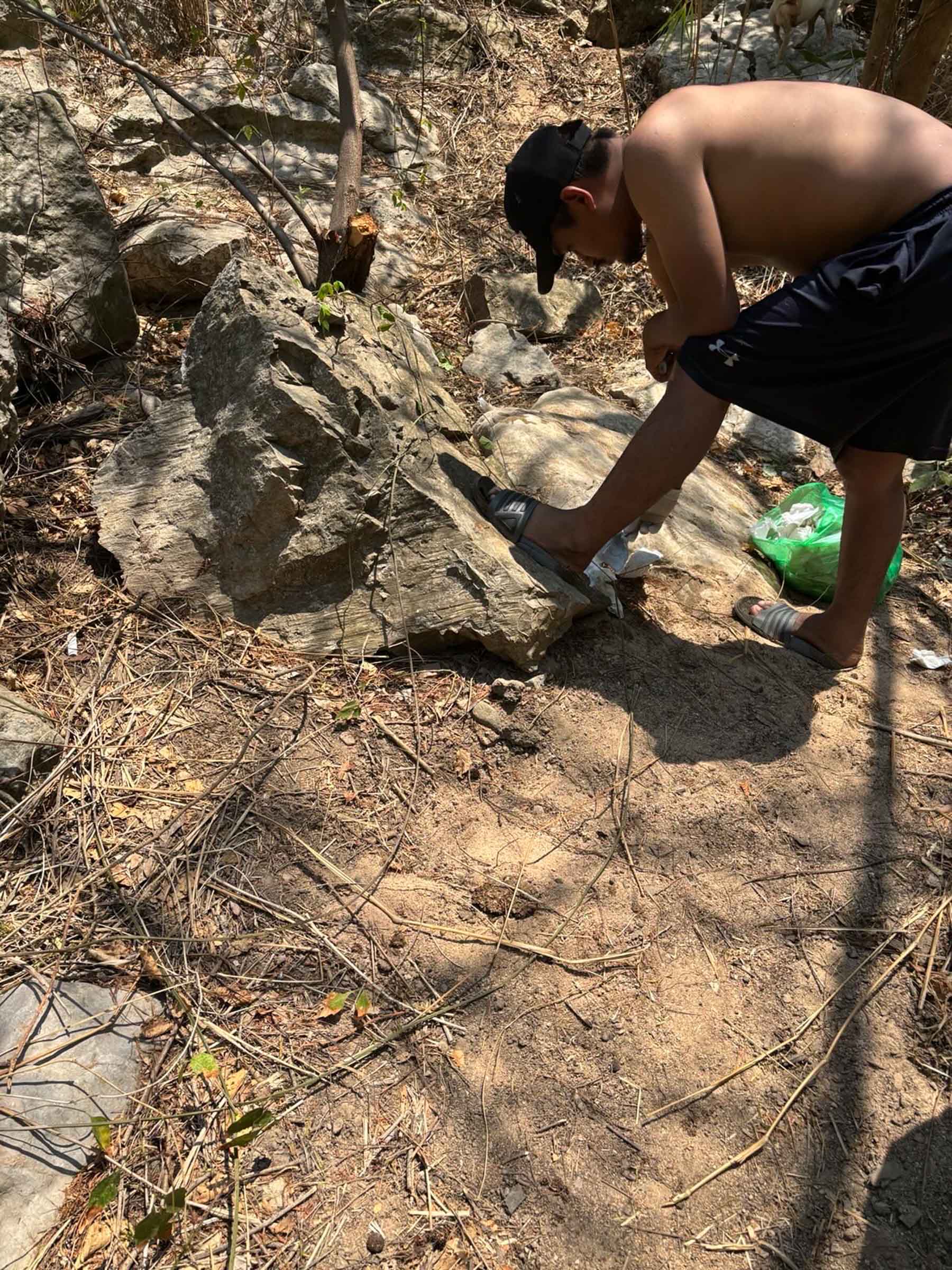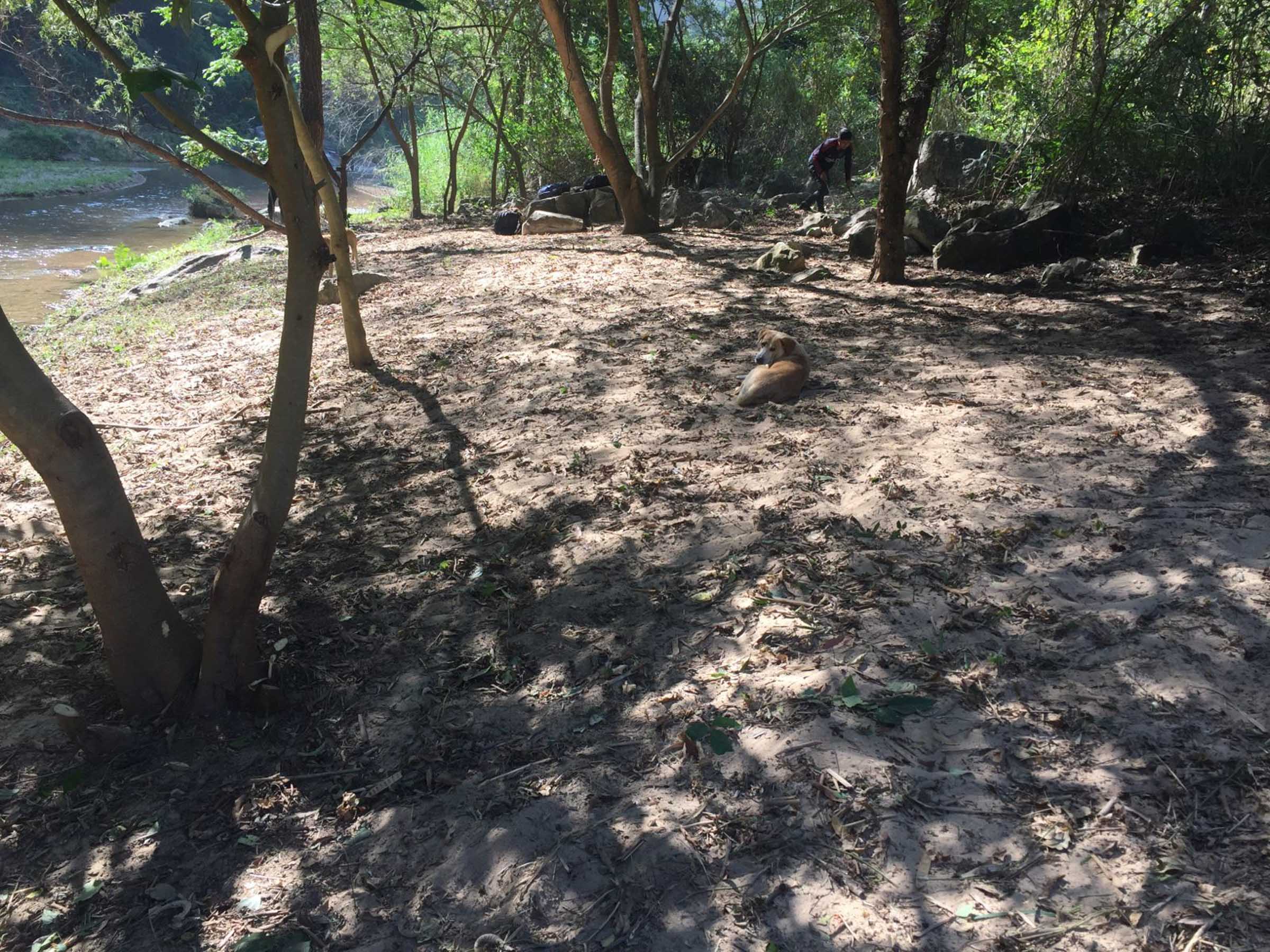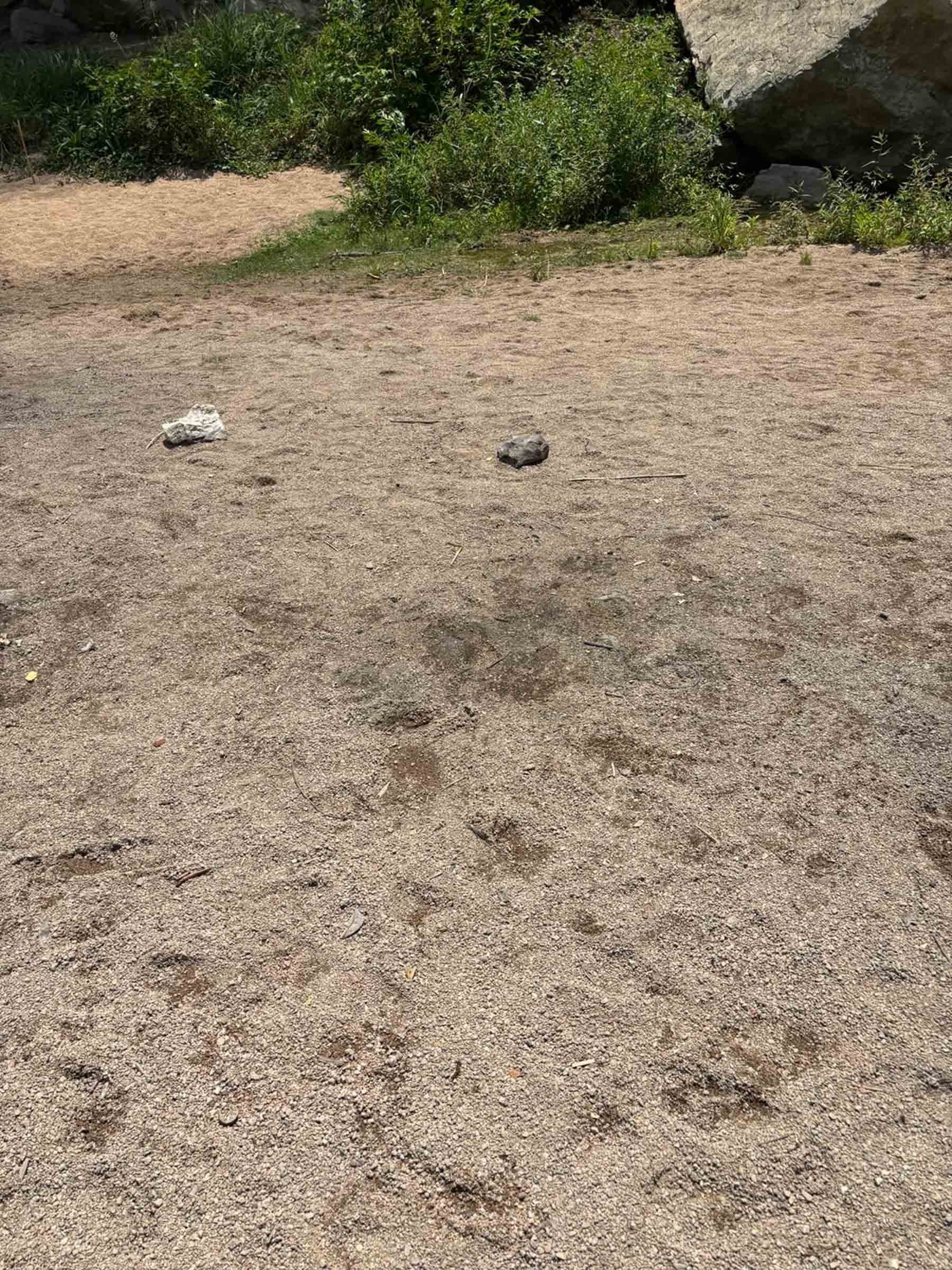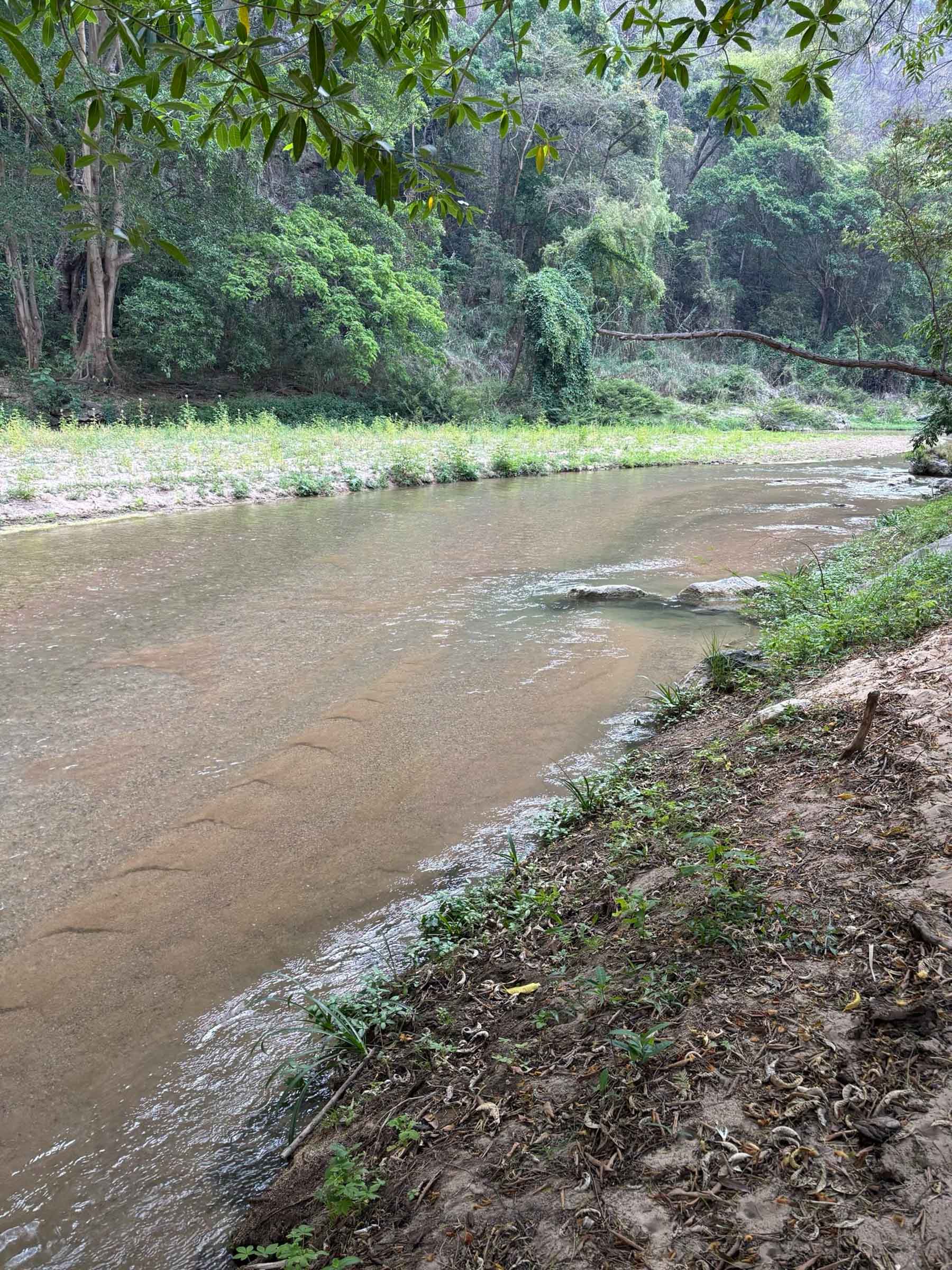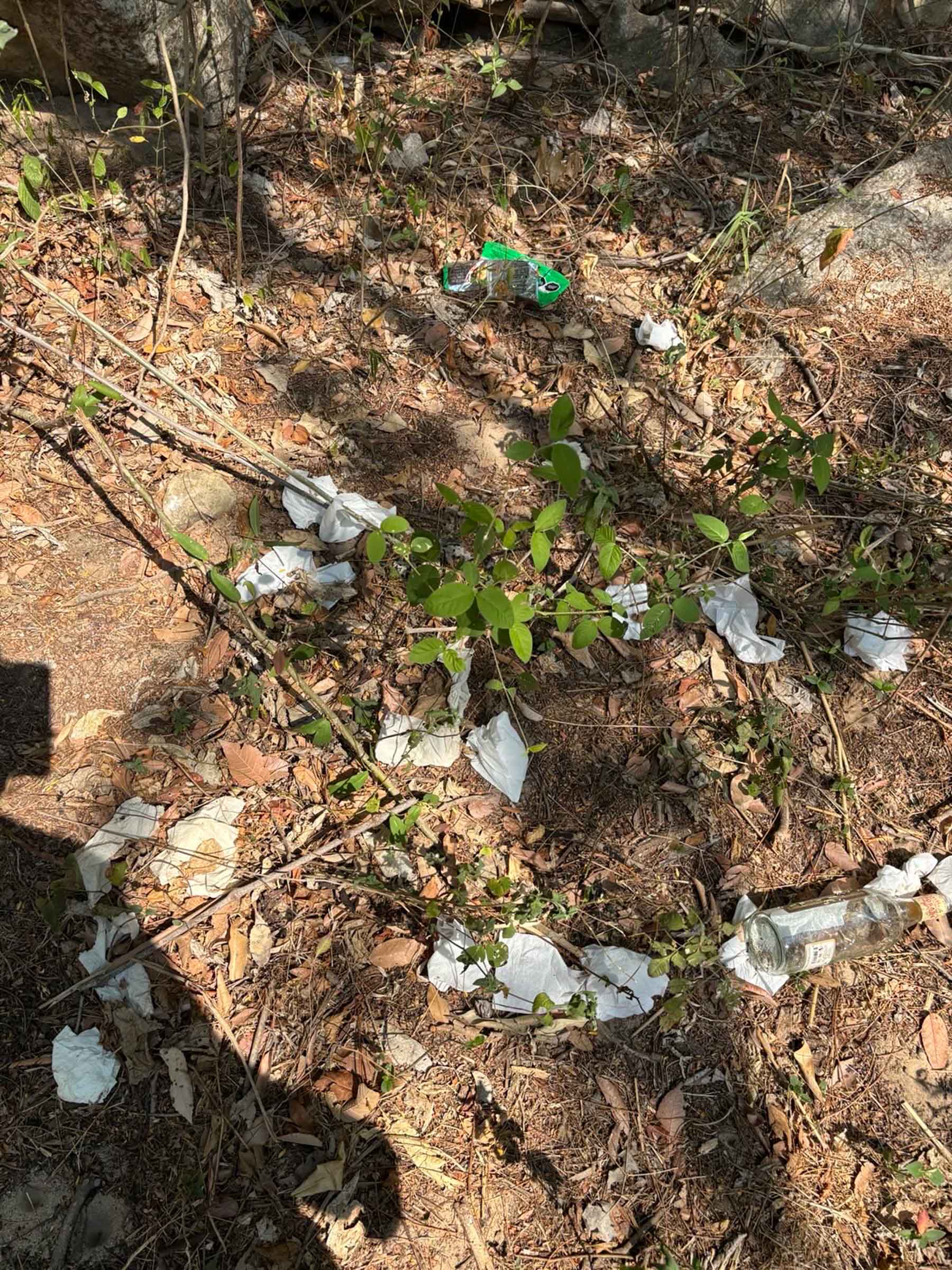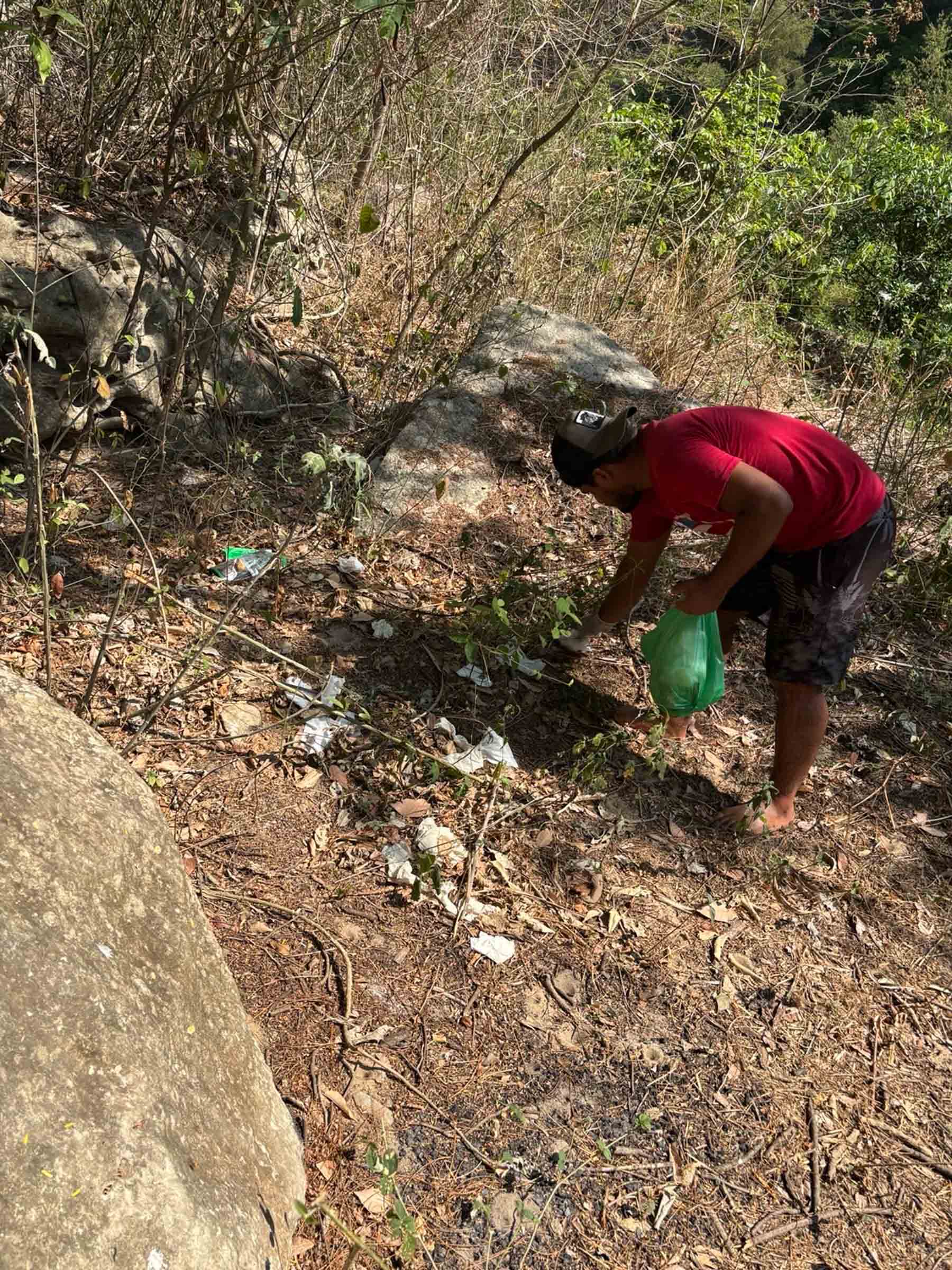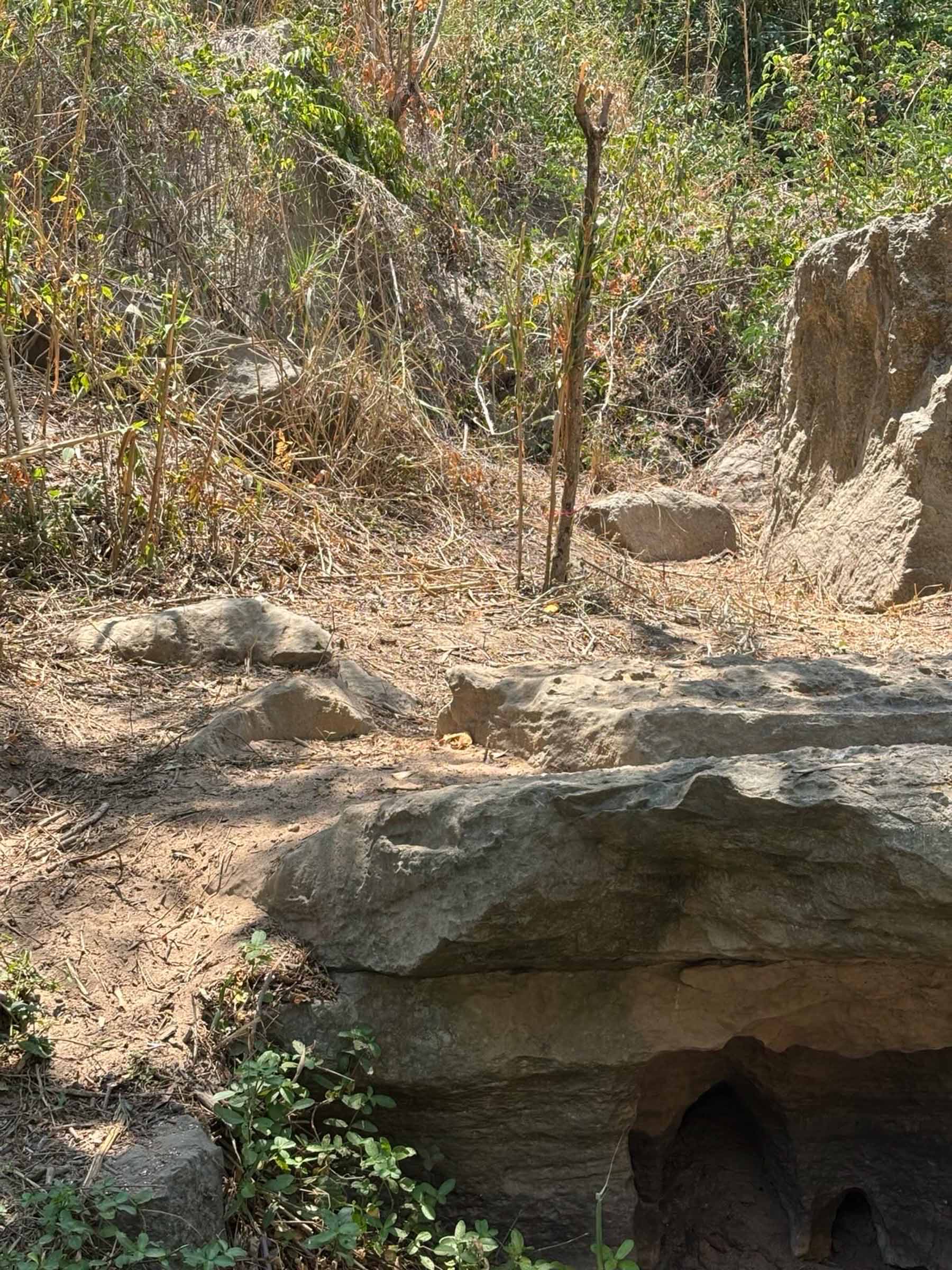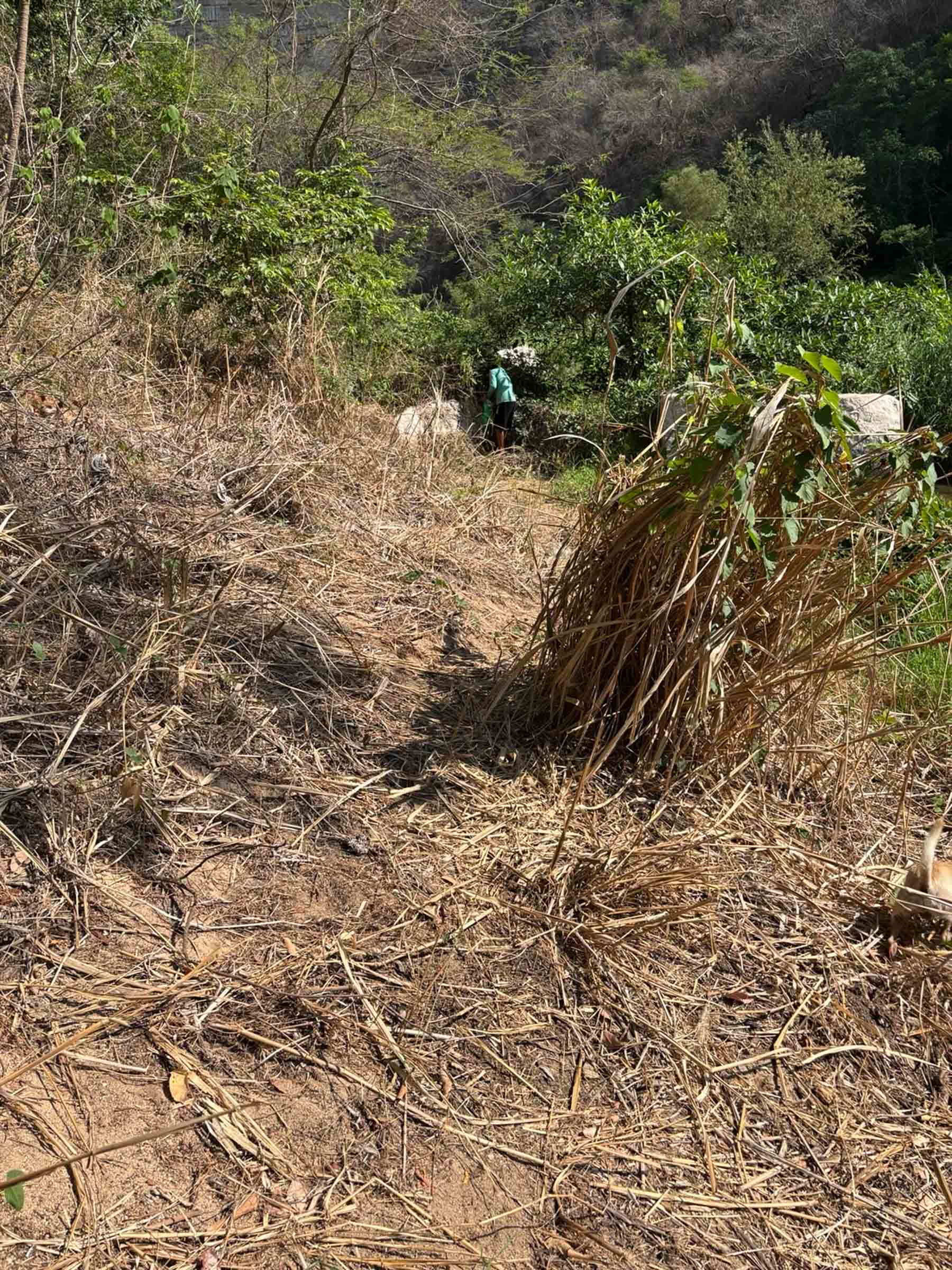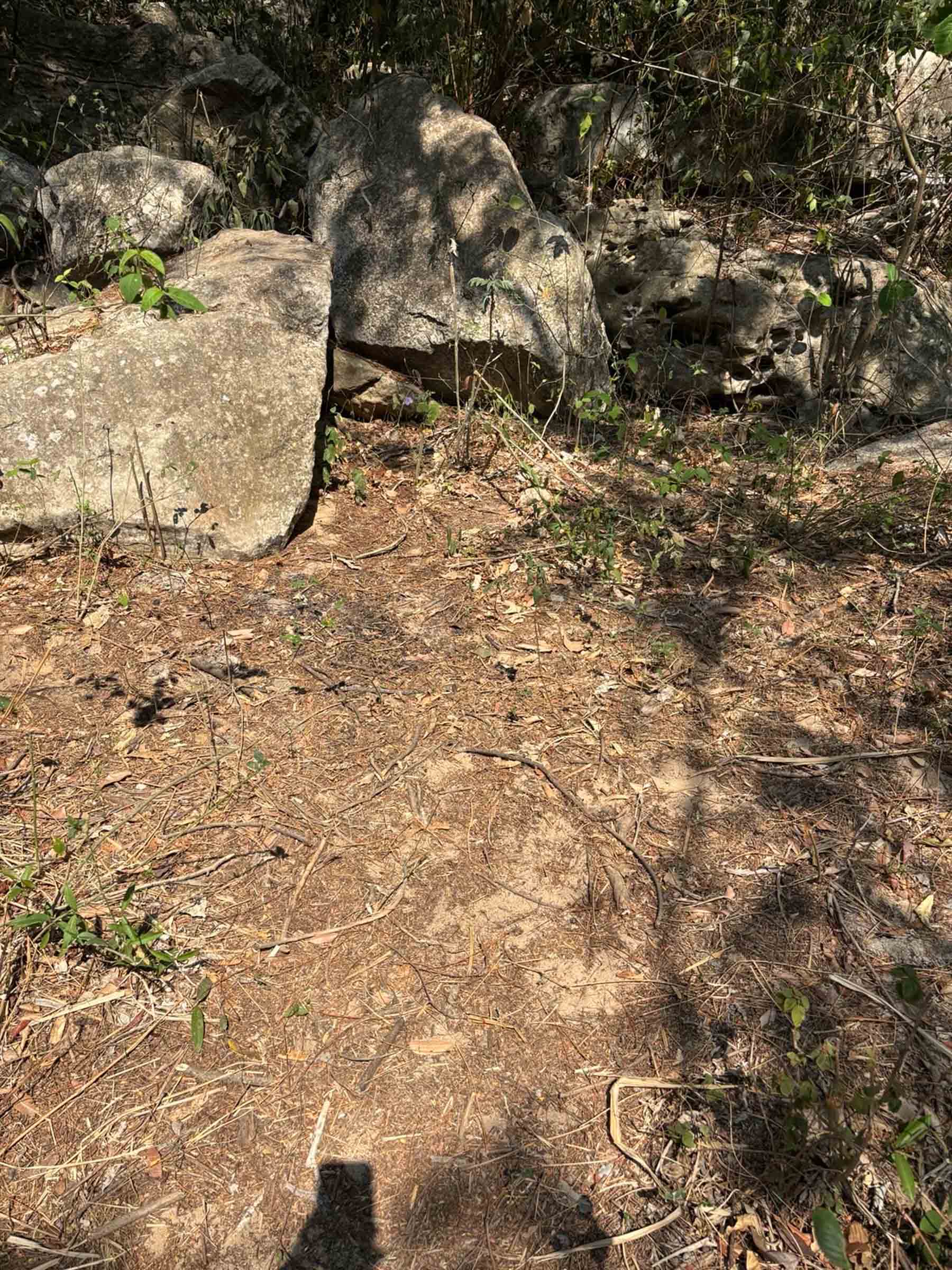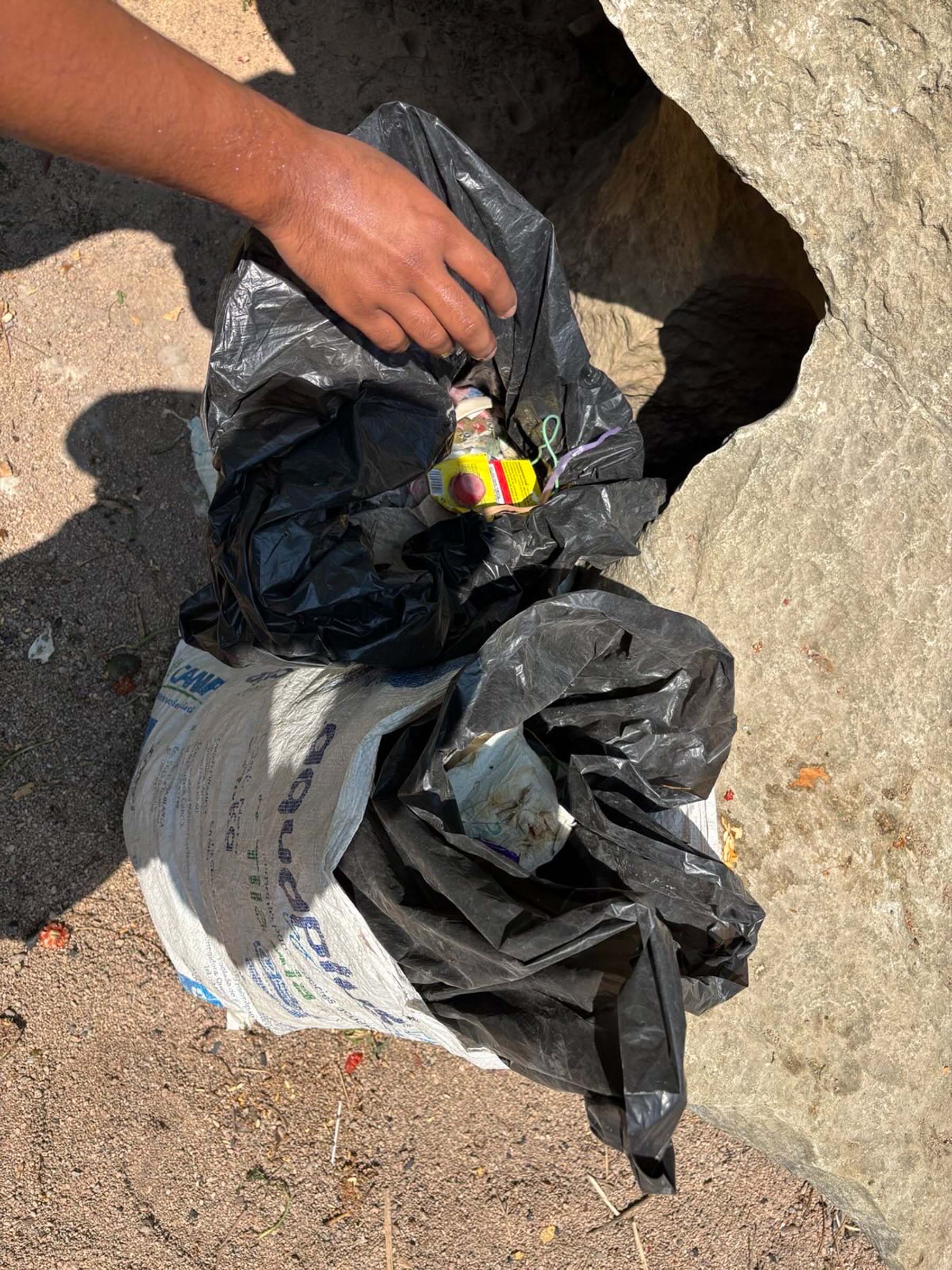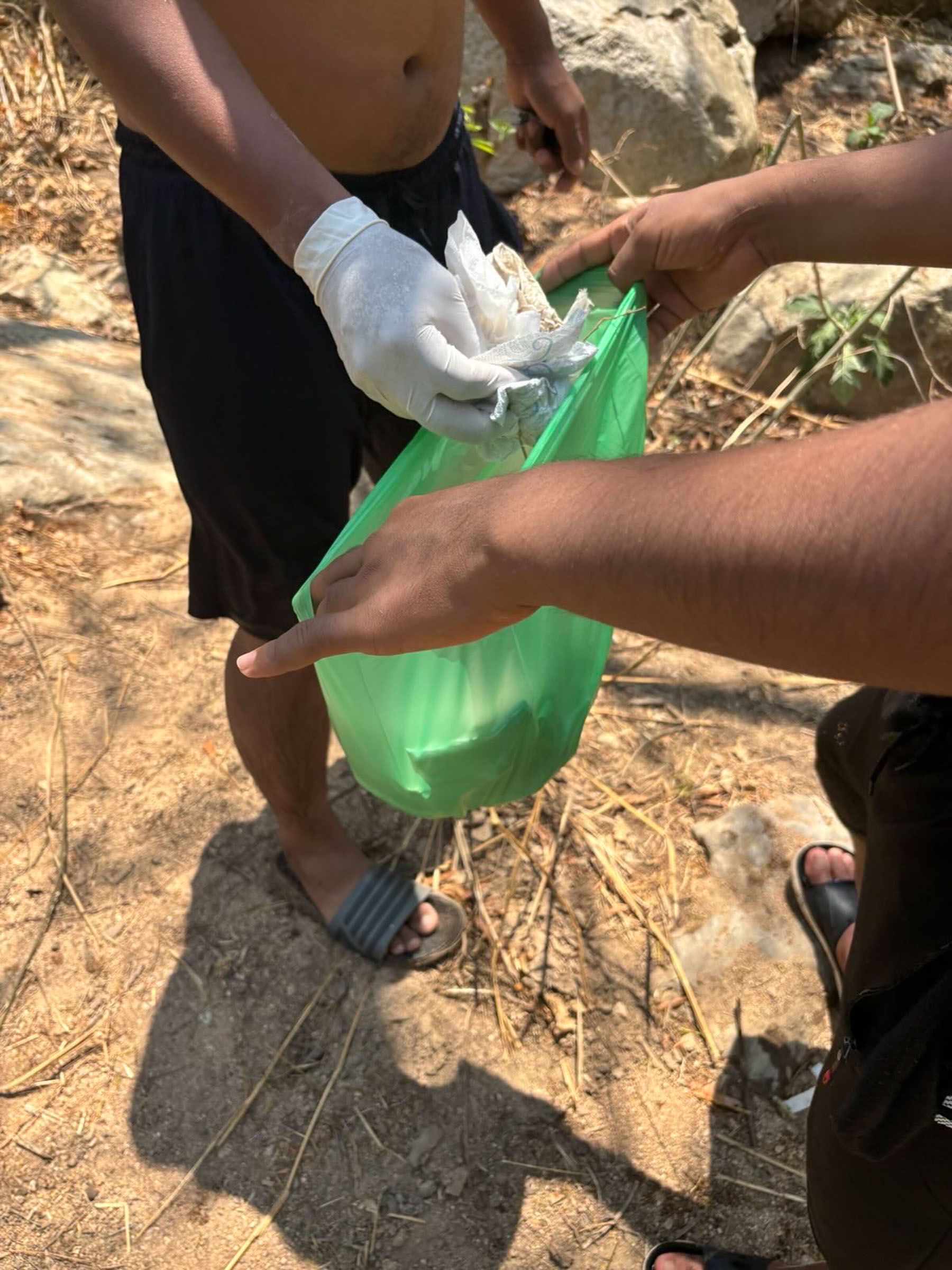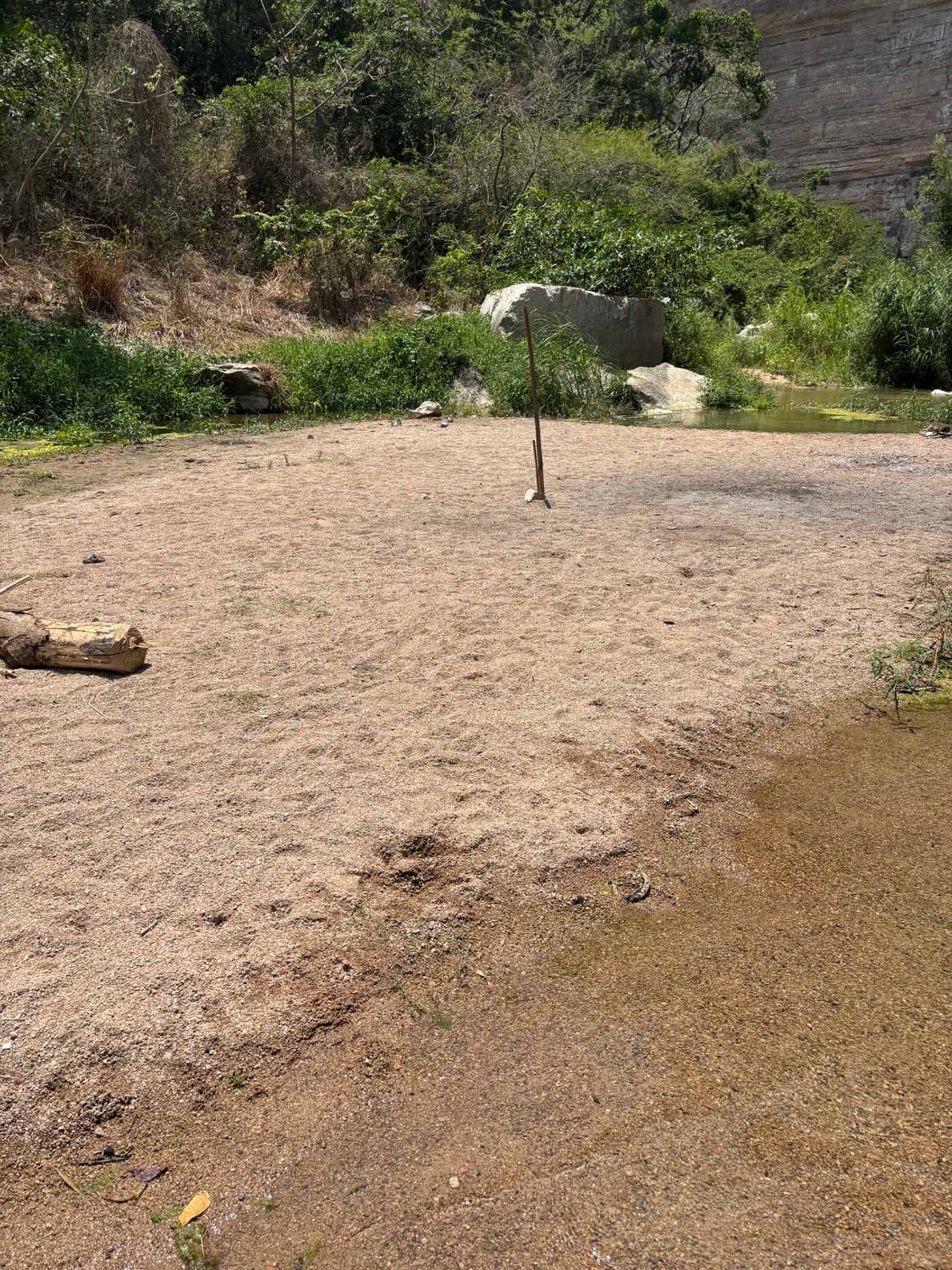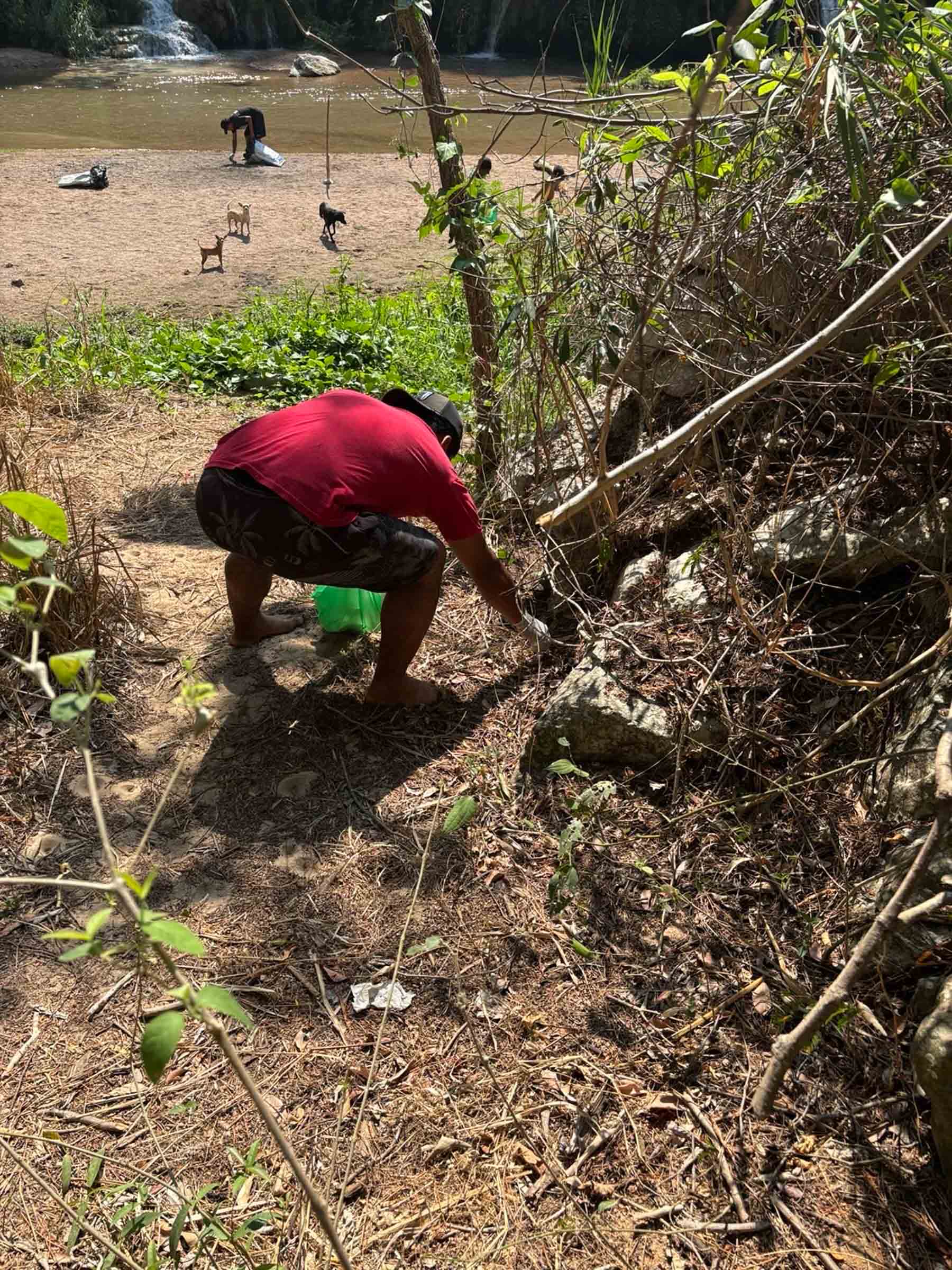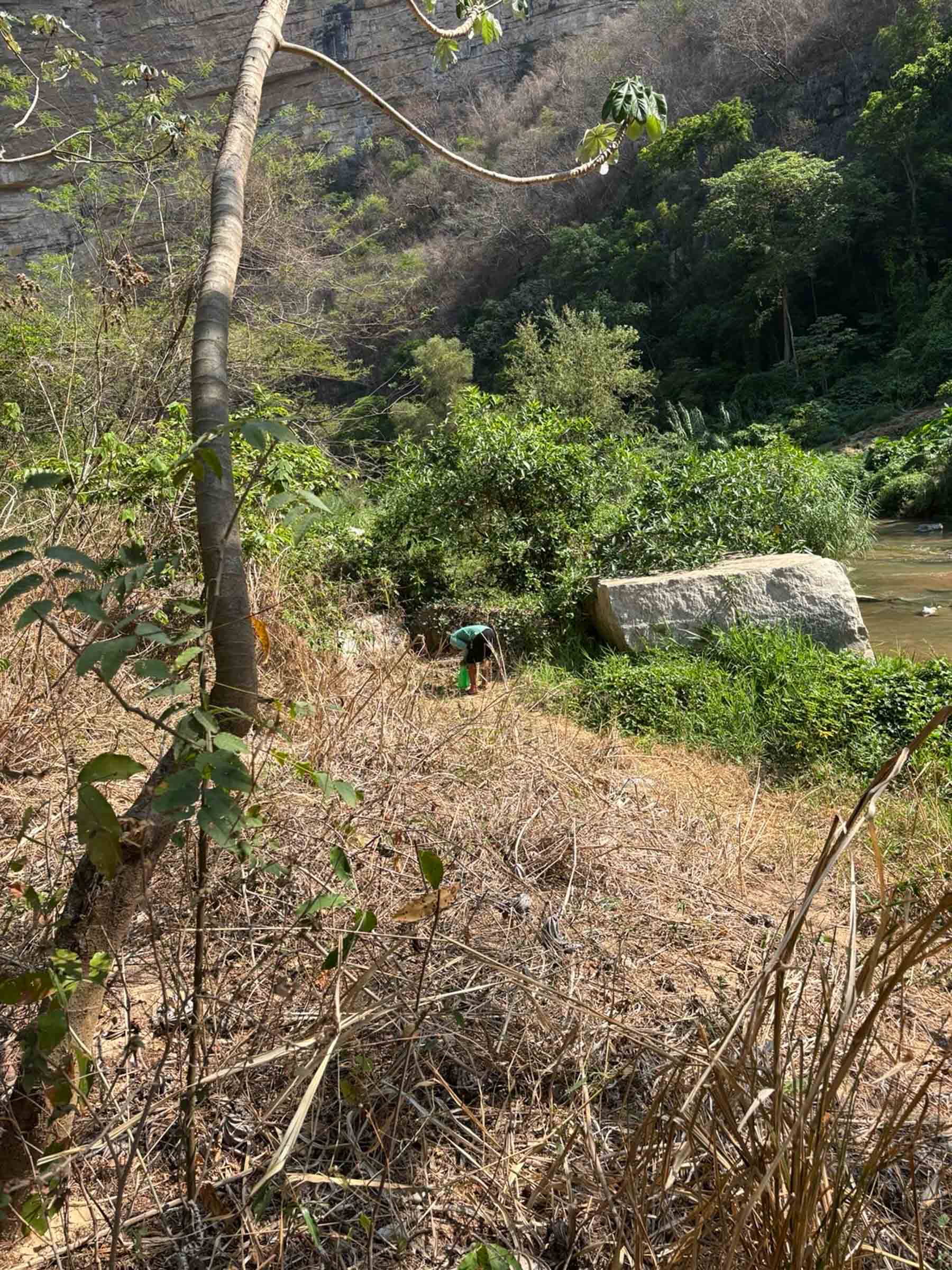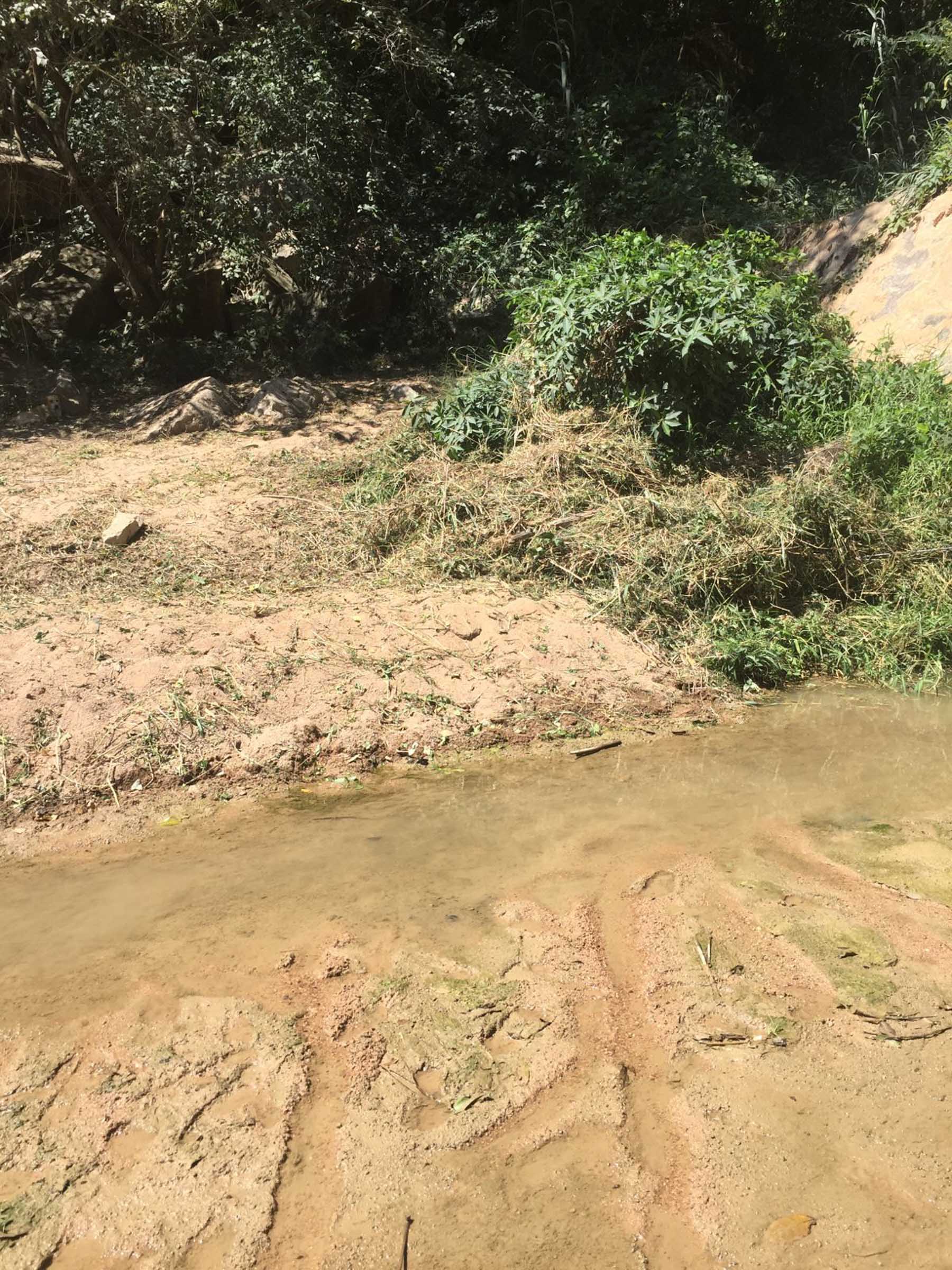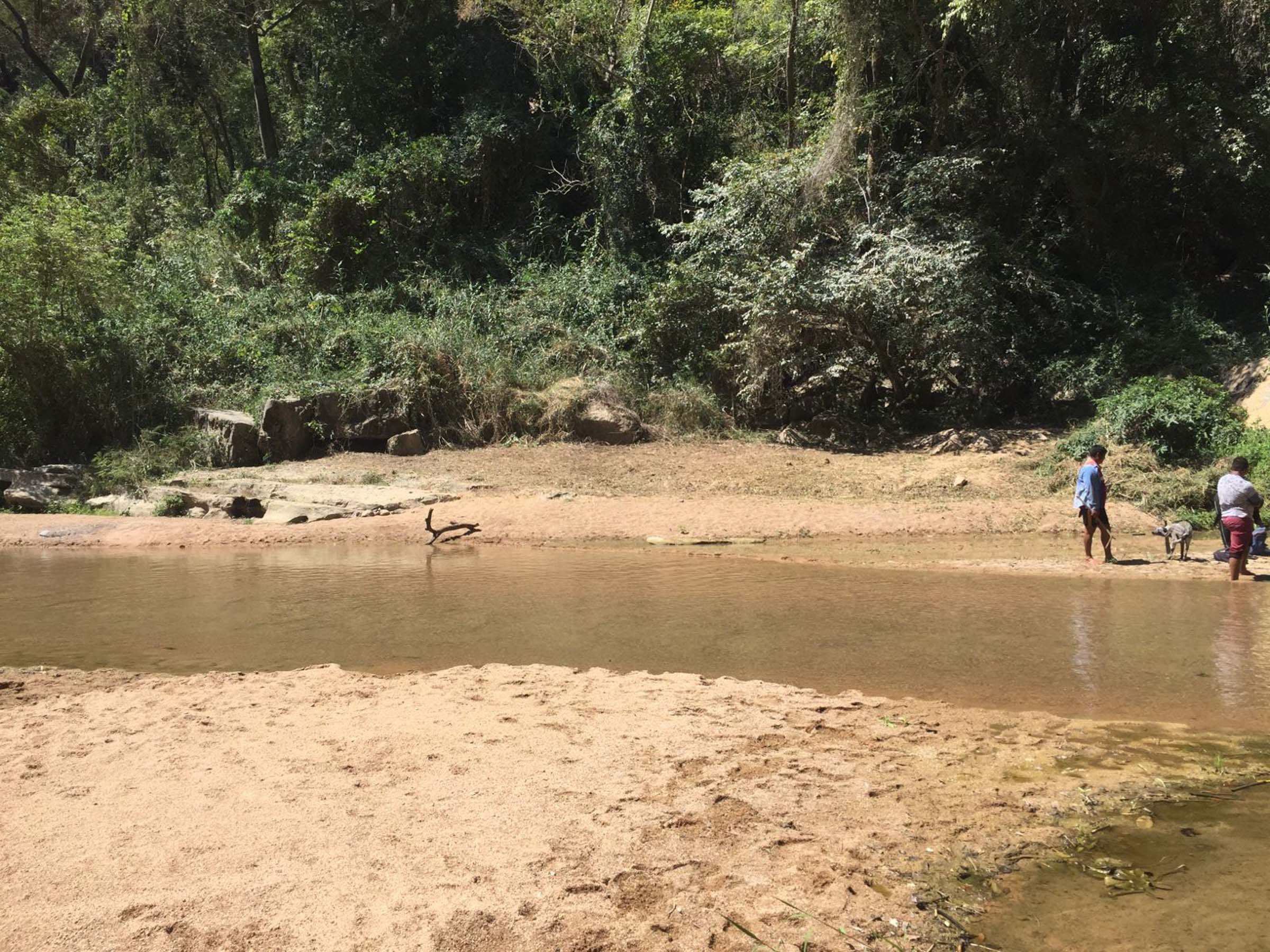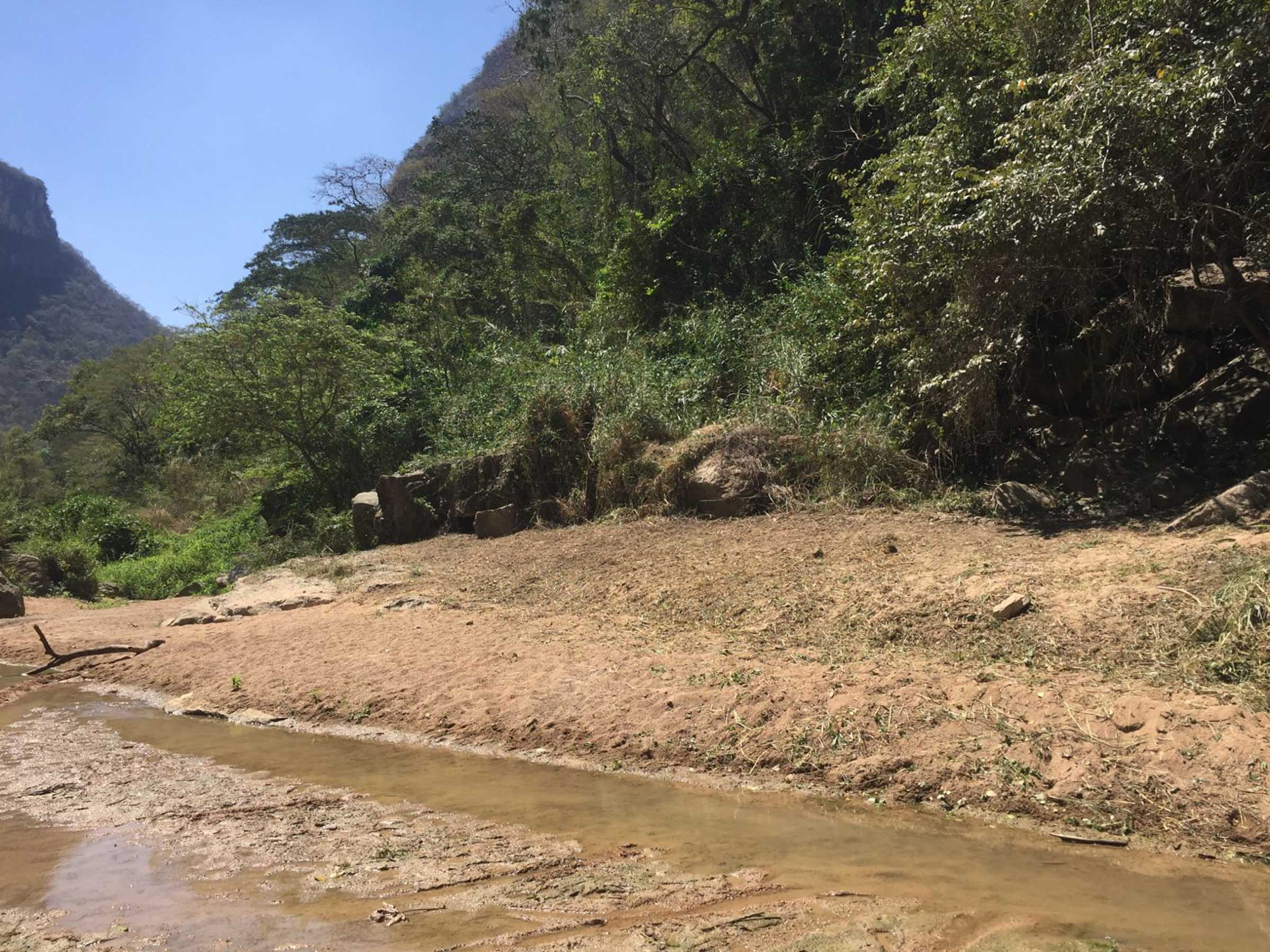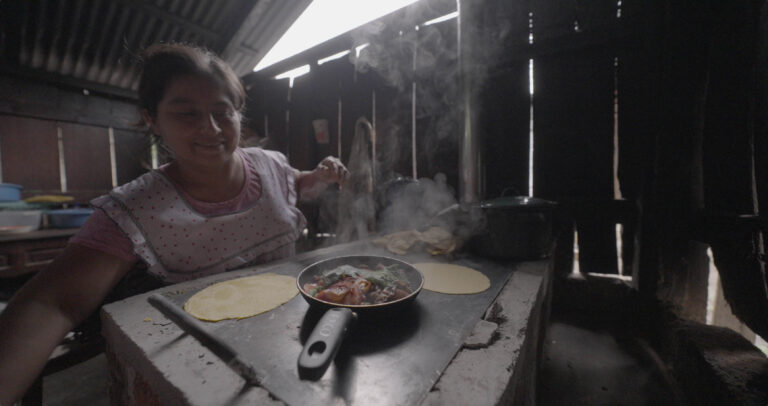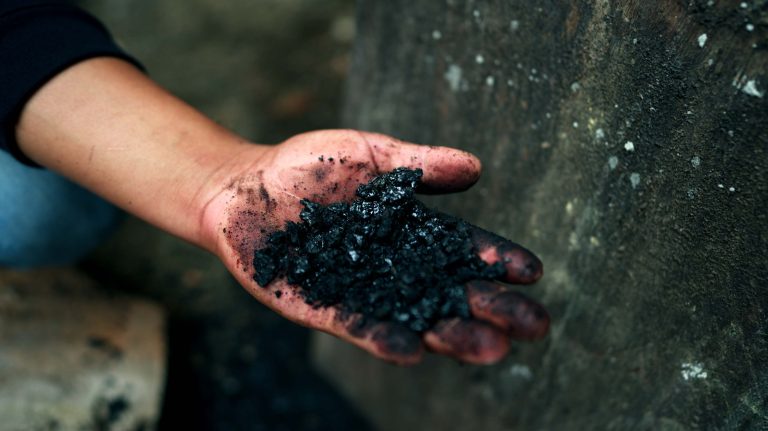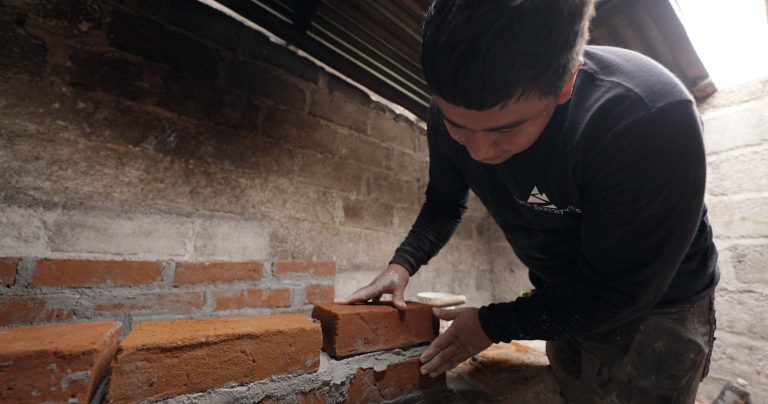For a future
Our commitment as a sustainable tourism organization begins with the communities we travel through—engaging, empowering, and uplifting them as partners in the delicate dance of conservation. The involvement and collaboration with local communities is pivotal. Through employment opportunities, skills development, and projects that enhance local well-being, we work to create a sustainable balance where every tourist footstep taken in these regions leaves not only a positive imprint, but long-lasting change.
Our Conservation Focus Areas
Our Sustainability Ethos
Nahua Expeditions was born from a simple but urgent realization: protecting the natural beauty of the regions we explore would only be possible by improving the lives of the people who call it home. From the beginning, our mission has been to create high-quality, responsible tourism that offers lasting value—not just for visitors, but for communities and ecosystems alike.
At the core of our work is a commitment to sustainability as a shared outcome—where ecological protection, local well-being, and meaningful employment are not competing goals, but reinforcing ones.
Our ethos is built around three intersecting commitments:
Environmental Preservation – safeguarding wild landscapes, restoring degraded ones, and ensuring ecosystems can thrive long into the future.
Socio-Economic Wellbeing – supporting education, healthcare, and cultural pride, while helping communities build a sense of ownership over local conservation.
Economic Opportunities – creating dignified, well-paying jobs tied to stewardship, not extraction.
Where these three pillars meet is where our ethos lives: sustainability for the region as a whole. Every project we take on—whether it’s a tourism initiative, a reforestation effort, or a clean cookstove build—works toward this balance.
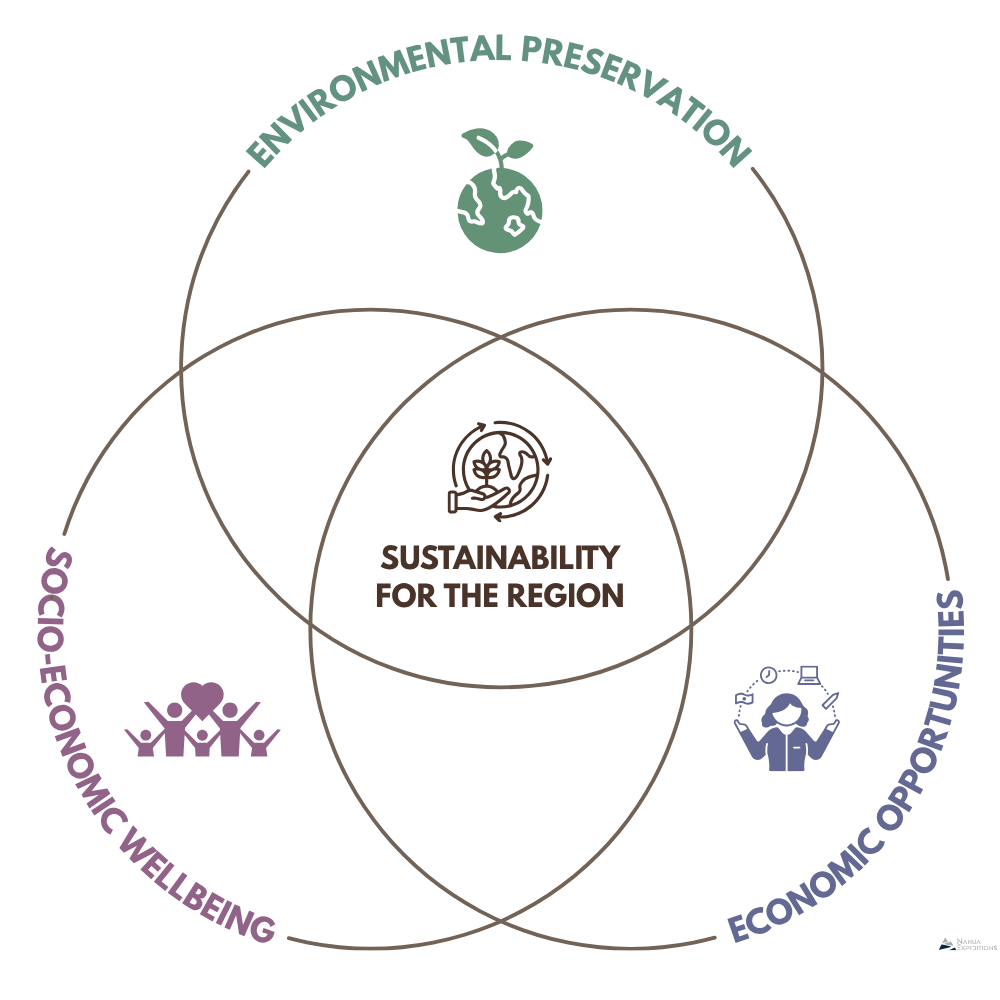
Sustainable Cookstoves
In the remote communities we travel through, access to safe and sustainable cooking methods is limited—often leading to serious health, environmental, and economic challenges. Our sustainable brick cookstove project is a hands-on solution that addresses these issues head-on. Built entirely using locally sourced materials and labour, these cookstoves reduce harmful smoke, preserve surrounding forests, and empower communities with lasting change.
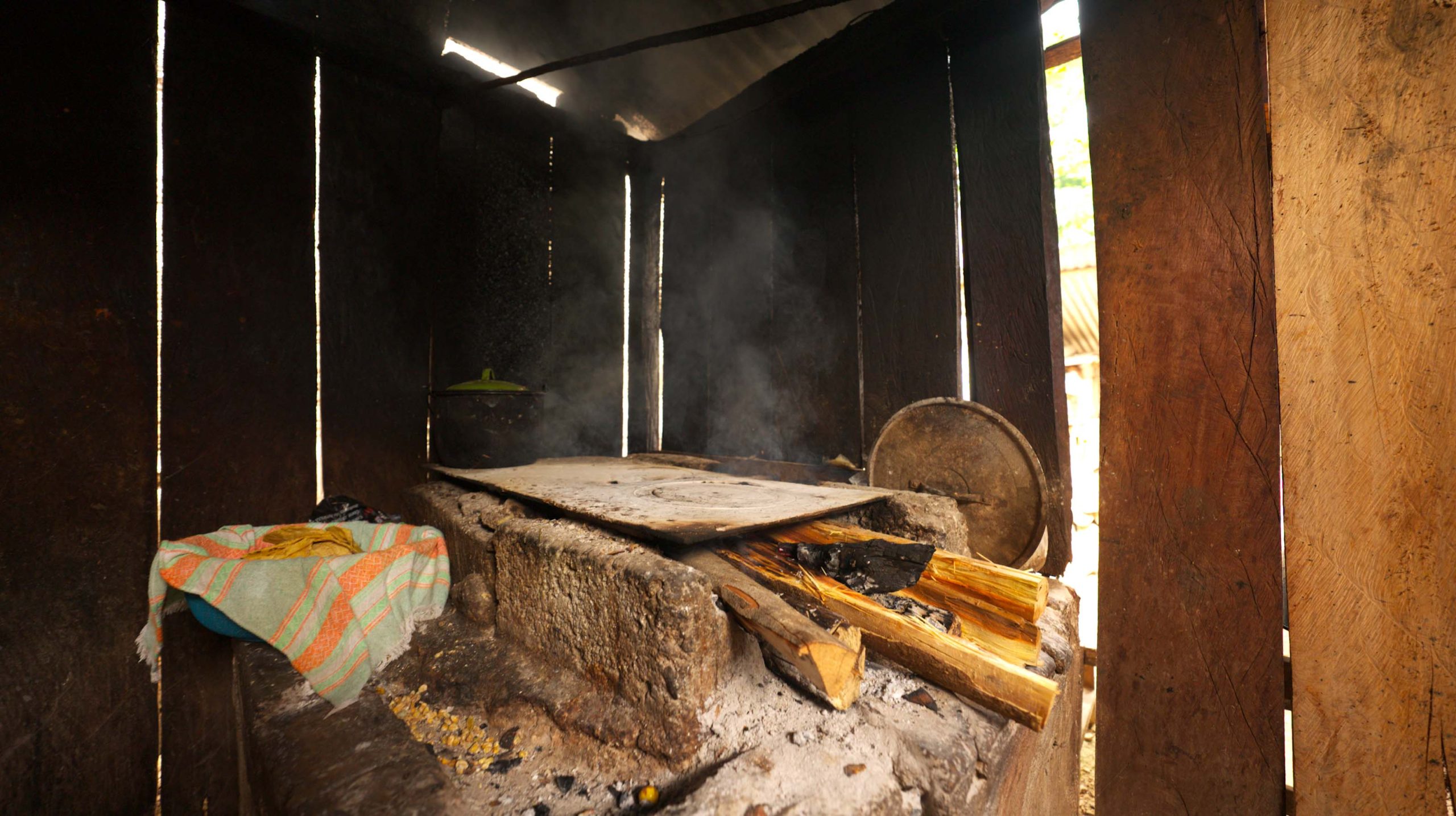
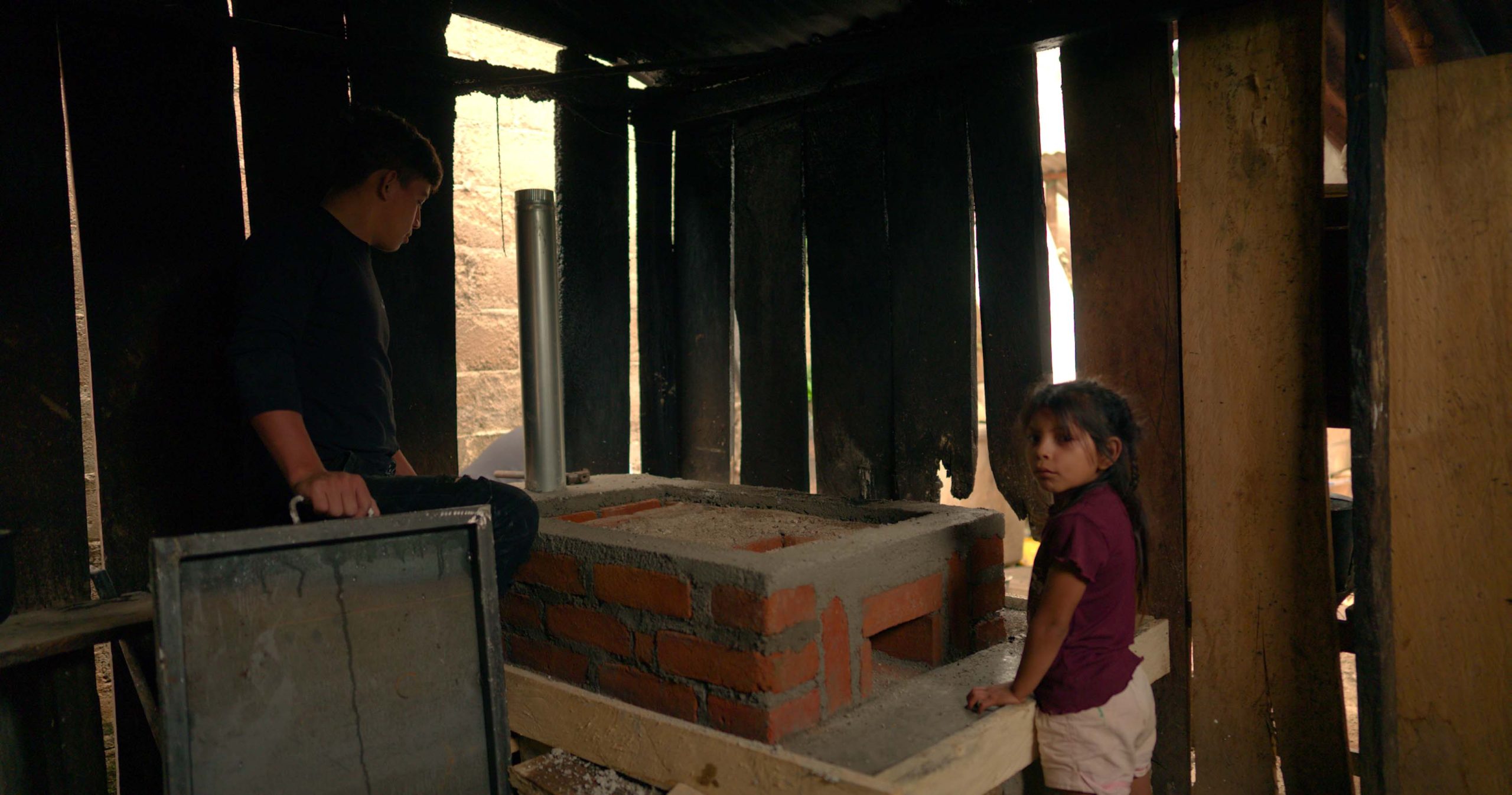
Core Key Benefits
Reduced indoor air pollution — lowering rates of respiratory infections, chronic lung disease, and cardiovascular illness.
Improved safety — less exposure to open flames and unstable cooking setups.
Better quality of life — especially for women and children, who are most exposed.
Lower firewood demand — reduces deforestation and forest degradation.
Preservation of local ecosystems — protects biodiversity in the surrounding jungle.
Climate benefits — reduced carbon emissions from inefficient biomass burning.
Time saved — less time spent gathering firewood means more time for work, school, or rest.
Household savings — reduced or eliminated fuel expenses.
Job creation — through local training and construction.
Community ownership — empowering locals with skills and responsibility for maintaining the technology.
Our Stove Building Timeline
Since our initial prototype build in 2019, we’ve made an effort to provide safe and sustainable cookstoves for families in need. Funds used to build our first handful of stoves came primarily from our founder’s high school savings.
In 2022, once Nahua Expeditions was formally established and operations picked up in the Chiapas region, we were able to allocate funds to construct 48 cookstoves in 3 surrounding villages. Since then, we haven’t slowed down, and have made an impact in nearly 190 large-family housholds in 5 rural villages across Chiapas, Mexico.
180 families impacted. Approximately 1,080 people breathing clean air. Over $40,000 USD invested.
Firewood and Carbon Emissions Reductions
Approx. annual firewood consumption
Approx. Annual CO₂ Emissions
Local Economy Stimulation
All materials and labour used to build our sustainable cookstoves are sourced locally. For building supplies, we try our best to purchase through small, family-owned shops within, or nearest to the beneficiary village. Materials like cement, sand, cinderblock (bloc), and rebar can often be bought within villages.
Labour, such as masons, welders, and helpers (chalanes), are all contracted within beneficiary villages — providing jobs and skilled labour opportunities for locals. Training for locals on how to build the cookstoves is led by our local, lead mason, who focuses on teaching masons from nearby villages how to properly construct this stove model for future needs.
By connecting local construction skills with sustainable infrastructure projects, we can facilitate the connection between tradition and long-term impact. Many community members already possess the technical know-how—our work redirects those abilities toward goals that protect health, land, and future generations. The result is dignified employment that not only generates income, but also reinforces the value of skilled labor in shaping a more sustainable region.
Involving Our Guests In Stove Builds
Building With Our Guests
The feeling of getting your hands dirty and doing some good work that will change the lives of people in need, is difficult to describe. It’s a unique kind of feel good. On Tzotzil Expeditions, we’ve made part of our trip a group building opportunity, where together, our guests get to pitch in and help build a sustainable cookstove! This activity complements Nahua Expeditions regular stove building efforts—led by our local stove building team—and takes part on Day 9 of our trip.
Including guests in our stove building efforts has been one of the most fulfilling decisions we’ve made as an organization. Providing a safe cooking environment for families in need, is one of the reasons we founded Nahua Expeditions. So, to now share this experience with our guests—who make these efforts possible through their participation in our trips—to us, is the absolute embodiment of leaving a positive footprint.
Career Opportunities
Our career development initiatives focus on training and employing local talent in guiding, logistics, conservation, and hospitality. By investing in long-term skills and leadership, we help build a local workforce that doesn’t just participate in the outdoor industry—it defines its future.
Why Careers Matter
When local community members secure meaningful employment, conservation becomes a collective effort. By empowering those who know the land best to lead in guiding, logistics, and stewardship roles, we not only create dignified, skilled jobs but also build a sustainable foundation for preserving our wild places for future generations.
Our Employment Roles
Tourism Operations
- Guiding
- Logistics Management
- Expedition Staff
- Hospitality
Conservation & Stewardship
- Stove Builders
- Cleanup Crews
- Reforestation Teams
Local Ownership, Long Term Impact
Since our first expedition in Chiapas, our goal has always been to involve local people directly in our work. Nahua Expeditions was founded on the idea that those who live in these regions should have the opportunity to sustainably benefit from them. Without reliable employment, many are left with little choice but to rely on the land in extractive ways. By creating stable, well-paying jobs tied to responsible tourism and conservation, we help to support long-term protection through local ownership.
Our average Tzotzil Expedition employs 44 Locals
- 1 Trained & Certified Local Guide for Expeditions
- 1 Local Logistics Manager
- 16+ Porters
- 2 Leadership Porters
- 2 Host Families (9 earners)
- 4 Locals on Resupply Team
- 11+ Motorbike Shuttle Drivers
Our Part-time Conservation efforts in the Chiapas region employ over 66 Locals
- 6 Fully Trained Stove Builders
- 2 Griddle Welders
- 12 Local Reforesters
- 2 Seed Collectors / Technicians
- 45+ Local Trash & Litter Collectors
Education
We work closely with local schools to support programs that teach youth about conservation, ecosystems, and their role as stewards of the land. By providing native trees for school-led reforestation efforts and supporting hands-on environmental learning, we help foster a generation that understands, protects, and feels proud of the wilderness they call home.
Why Environmental Education Matters
Long-term conservation begins with knowledge. When local youth understand the value of their ecosystems, they grow into adults who are not only equipped—but deeply motivated—to protect them. Environmental education nurtures awareness, pride, and a sense of responsibility toward the natural world. It lays the cultural and intellectual foundation for stewardship, ensuring that future decisions are guided by understanding, not exploitation.
Where We Direct Our Support
Hands-On Learning
Prioritizing experiential education through tree planting, seed collection, and field activities.
Educator Support
Sponsoring and bringing in knowledgeable educators to enhance environmental lessons.
Community Connection
Encouraging students to see themselves as active stewards of their local landscapes.
Resource Accessibility
Providing schools with the tools they need—like native trees, seeds, and educational materials
Conservation Literacy
Teaching students about ecosystems, native species, and sustainable land use.
Ecological Education and Experiences
We implement active reforestation as an educational tool, supplying native seeds and employing local seed technicians to germinate them into viable saplings. These trees are then distributed to schools as part of outdoor learning programs, where students take part in reforestation fieldwork. Beyond tree planting, we partner with volunteer educators who teach lessons on climate systems, watershed health, ecological degradation, waste cycles, and the socio-environmental impacts of tourism. These experiences ground abstract environmental concepts in local context, reinforcing ecological literacy through direct action and applied knowledge.
Our volunteer educators primarily focus on the topics of
Climate change and local impact
Water cycle and watershed importance
Waste management and anti-littering awareness
How sustainable tourism can benefit conservation
Trash and Litter Cleanups
Trash cleanups, and bringing awareness to littering are something we’ve been involved with in Chiapas since 2017. It started with inspiring youth from these rural villages to want to keep their streets and surrounding landscapes clean and free from litter. For years, our staff have been consistently volunteering time and supplies out of pocket, whenever possible, to keep the villages we travel through just a little bit cleaner.
Why We Do It
In many of the areas where we operate, waste accumulation is primarily driven by local activity. Villages near natural attractions often lack access to formal waste management systems, leading to the routine dumping or burning of plastics and other non-biodegradable materials. Over time, this waste builds up in waterways, trail networks, and forest edges, posing threats to wildlife, and affecting water quality and soil health.
Maintaining clean environments in the areas where we travel does more than protect ecosystems. It helps preserve these landscapes for future generations, ensures a better experience for visitors, and sets a visible example. When local communities see these places kept clean, it often reinforces a sense of pride and encourages care for surrounding areas. Clean, well-kept natural spaces are also more appealing for sustainable tourism—drawing in travelers who value and respect the environments they explore.
Our Work
Since Nahua Expeditions’ operations in the Chiapas region have grown, we’ve been able to fund larger-scale, community driven cleanup efforts of village streets, surrounding creeks and waterways, and remote trails leading into the canyon where our Tzotzil Expedition takes place. Furthermore, we’ve been able to fully fund and equip local teams to hike deeper into the canyon and focus on beaches, waterfalls, and riverbanks where trash drifting downstream winds up.
We mobilize teams across 3 villages surrounding the canyon, and send on average anywhere between 15 – 25 local villagers on cleanup missions! Long-distance cleanup missions will typically involve using local mules for assistance in transporting the trash sacks out of the canyon, and back to the nearest village to be properly disposed of.
Some our most frequent cleanup sites in the canyon are small, local tourist attractions along the river, such as waterfalls and trailhead beaches. Not only do these sites collect more trash as a result of more human traffic, but a shallow riverbed collects plastic waste flowing downstream from other small attractions and a nearby town.
Reforestation
At the core of our reforestation strategy is Natural Regeneration—allowing degraded landscapes to heal through the quiet, powerful process of nature reclaiming its ground. This approach leverages the resilience of native ecosystems and supports long-term biodiversity recovery with minimal human interference. In areas where regeneration is unlikely without support, we engage in Active Reforestation—not just to restore tree cover, but to create economic opportunities, demonstrate sustainable land use, and raise awareness around forest stewardship. By combining these approaches, we work toward resilient landscapes that benefit both people and planet.
We fund and support locally led reforestation efforts that bring both ecological renewal and economic opportunity. From seed collection, to native species propagation and long-term replanting, our efforts help restore degraded landscapes while creating meaningful employment for those who live closest to the impact.
Why Natural Regeneration Works
By protecting degraded land and letting nature take the lead, native forests can recover with minimal intervention. It’s low-cost, ecologically sound, and results in diverse, resilient ecosystems that are better adapted to their environment. When the conditions are right, nature knows exactly what to do.
● Resilient by design
Forests that regenerate naturally are richer in biodiversity and better equipped to withstand drought, disease, and climate shifts.
● Low-cost, high-impact
Natural Regeneration uses existing seeds and soil, delivering strong restoration at a fraction of planting costs.
● Smarter resource use
Instead of spending on mass planting, funds go further when invested in education, land protection, and long-term stewardship.
An Ideal Approach In This Region
The areas we work with in Chiapas, Mexico are often logged patches rather than completely devastated landscapes. These patches are usually surrounded by rich, healthy jungle, which, given time and protection, naturally expands to reclaim the space, all on its own. Additionally, the soil in these areas tends to be shallow and low in fertility, making tree planting and transplanting particularly challenging. Allowing nature to take its course in this context supports stronger, more sustainable forest recovery.
Our efforts begin with reaching agreements with landowners—usually employees of our tourism operations—to commit to preserving sections of their land that have been logged, in addition to untouched forest and undeveloped land. The first step is designating areas only for essential agriculture, like growing food for immediate family use. To make this possible, well-paying jobs in tourism, along with support through sustainable infrastructure, are key.
Cattle ownership—often seen as a form of currency—creates a strong dependency on logged land for grazing. The second most significant driver causing excessive logging in this region, is medium, to large-scale crop production for profit.
With stable income, families often choose to purchase more food variety from nearby vendors rather than rely solely on intensive farming or raising livestock. Combined with our fuel-efficient cookstoves, which cut down the need for firewood, dependence on logged lands is significantly reduced.
By offering well-paying jobs through tourism and providing support like sustainable infrastructure, we help reduce the economic burden to maintain or expand cattle herds, engage in labour intensive crop production, or clear lands for the sale of its natural resources.
The result is that landowners no longer rely on clearing forest to survive. Large portions of jungle are left untouched, creating space for nature to regenerate—on its own.
496 Hectares of Land Preserved by Nahua Expeditions’ Local Employee Families
- For a future
Our commitment begins with the communities—engaging, empowering, and uplifting them as partners in the delicate dance of conservation. The involvement and collaboration with these local communities is pivotal. Through employment opportunities, skills development, and projects that enhance local well-being, we aim to create a sustainable balance where every tourist footstep taken in these regions leaves not only a positive imprint, but long-lasting change.
One of our missions for 2023 is to continue building clean & efficient cookstoves for local families. Currently, most families in small rural villages cook their meals on open fires, inside of their home. On average the person cooking inhales the equivalent to 3 packs of cigarettes each day, and on average eight people per household will be inhaling smoke every time they eat. In addition, because there is no insulation around the fire, their open fire stove requires constant firewood to continue burning.
A sustainable cookstove will channel smoke out of the kitchen through a vent, while retaining much more heat underneath the griddle, resulting in around 60% less wood required to cook.
All materials and labor are sourced locally–so their local economy is stimulated within itself as well. Every masonry job we can provide is income that substitutes income that may be sought out through logging.
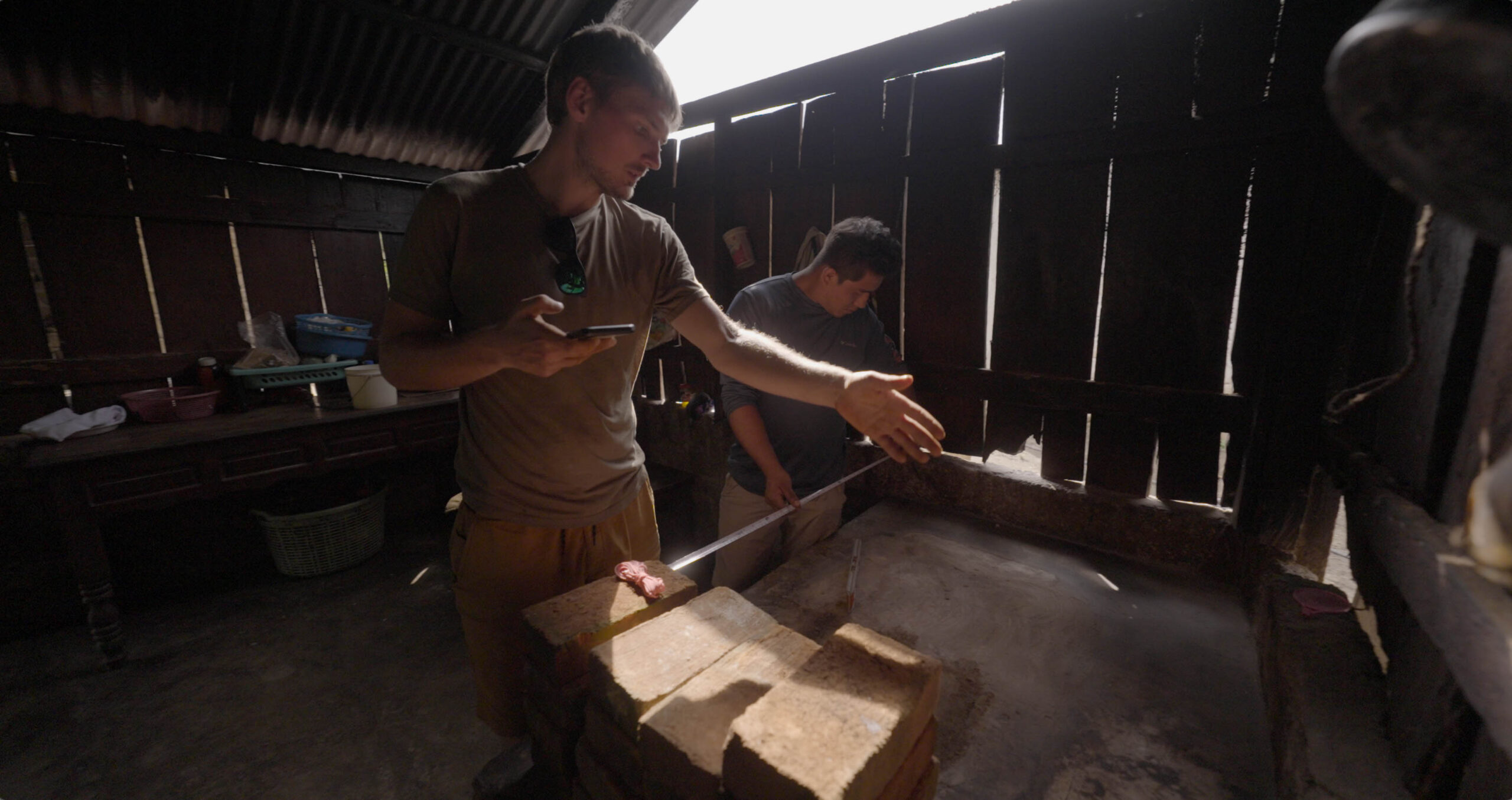
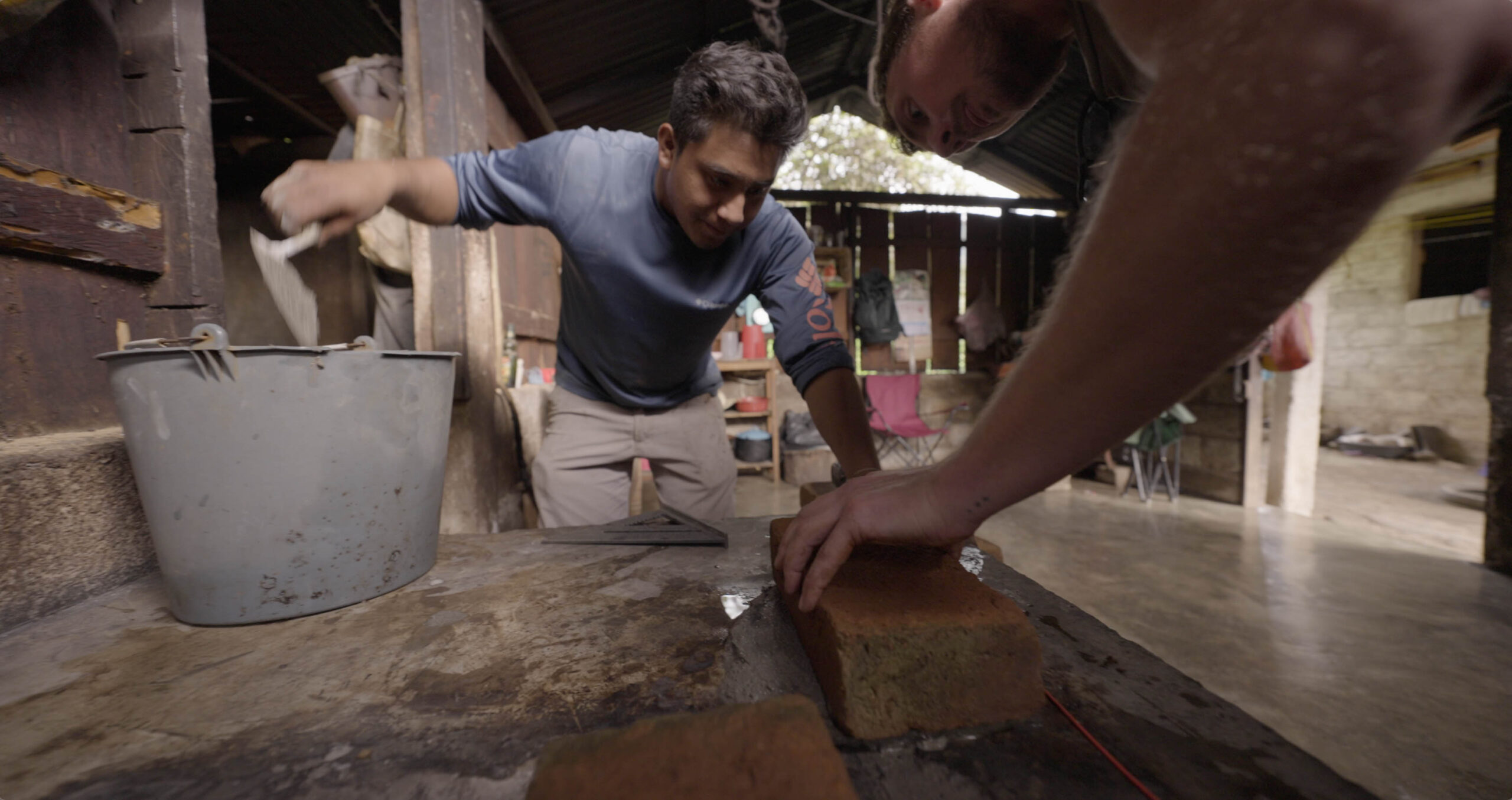
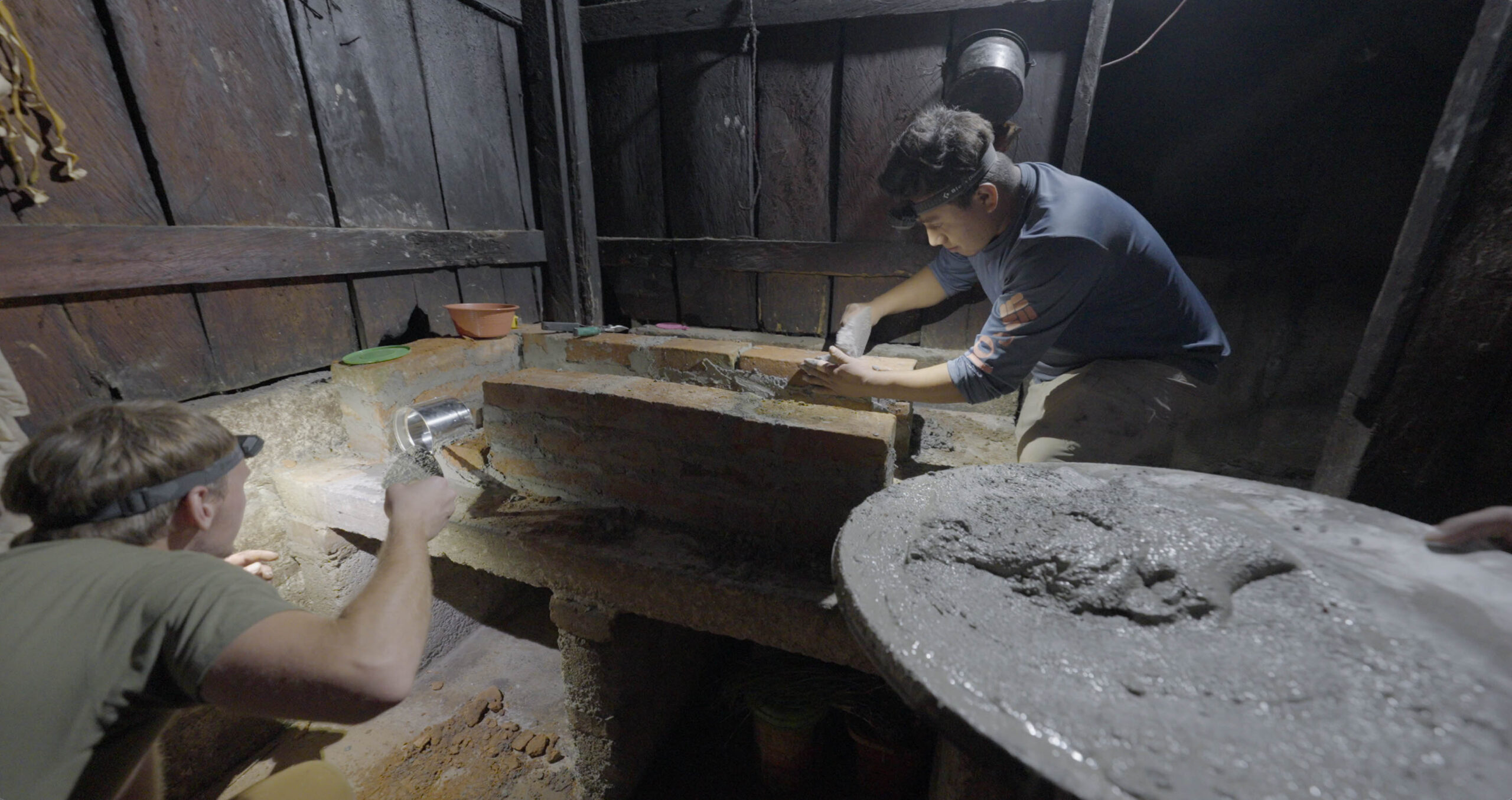
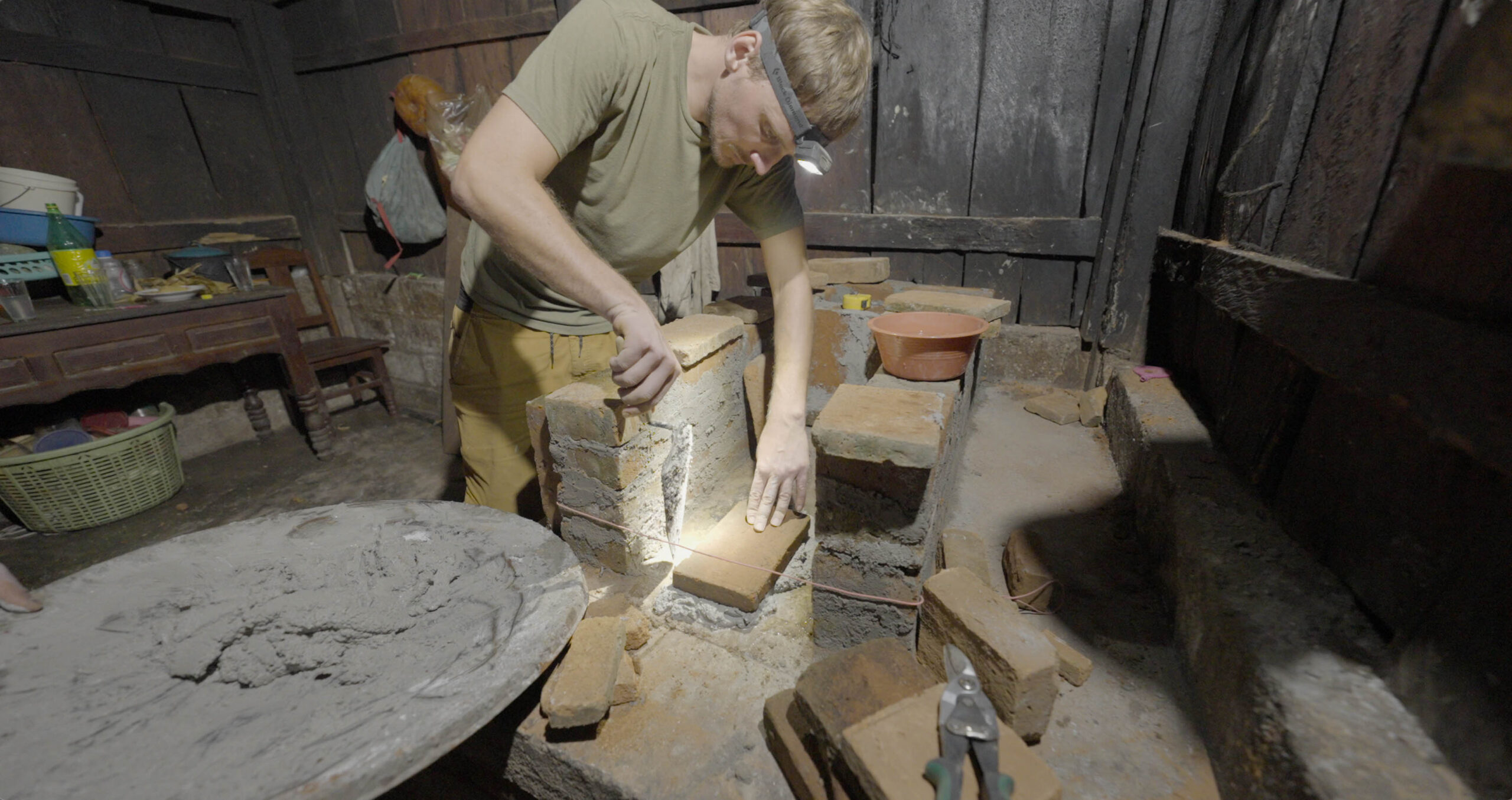
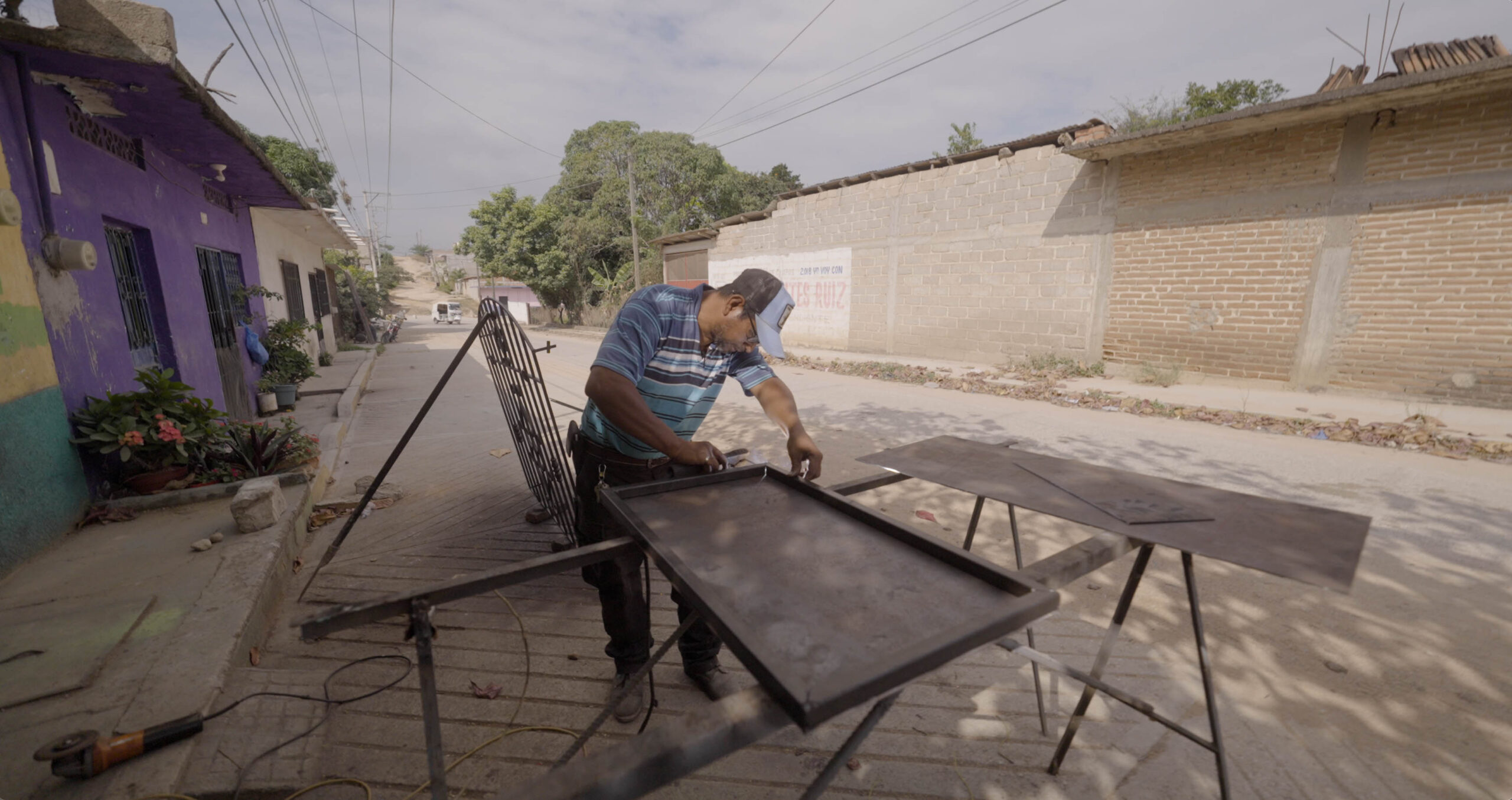
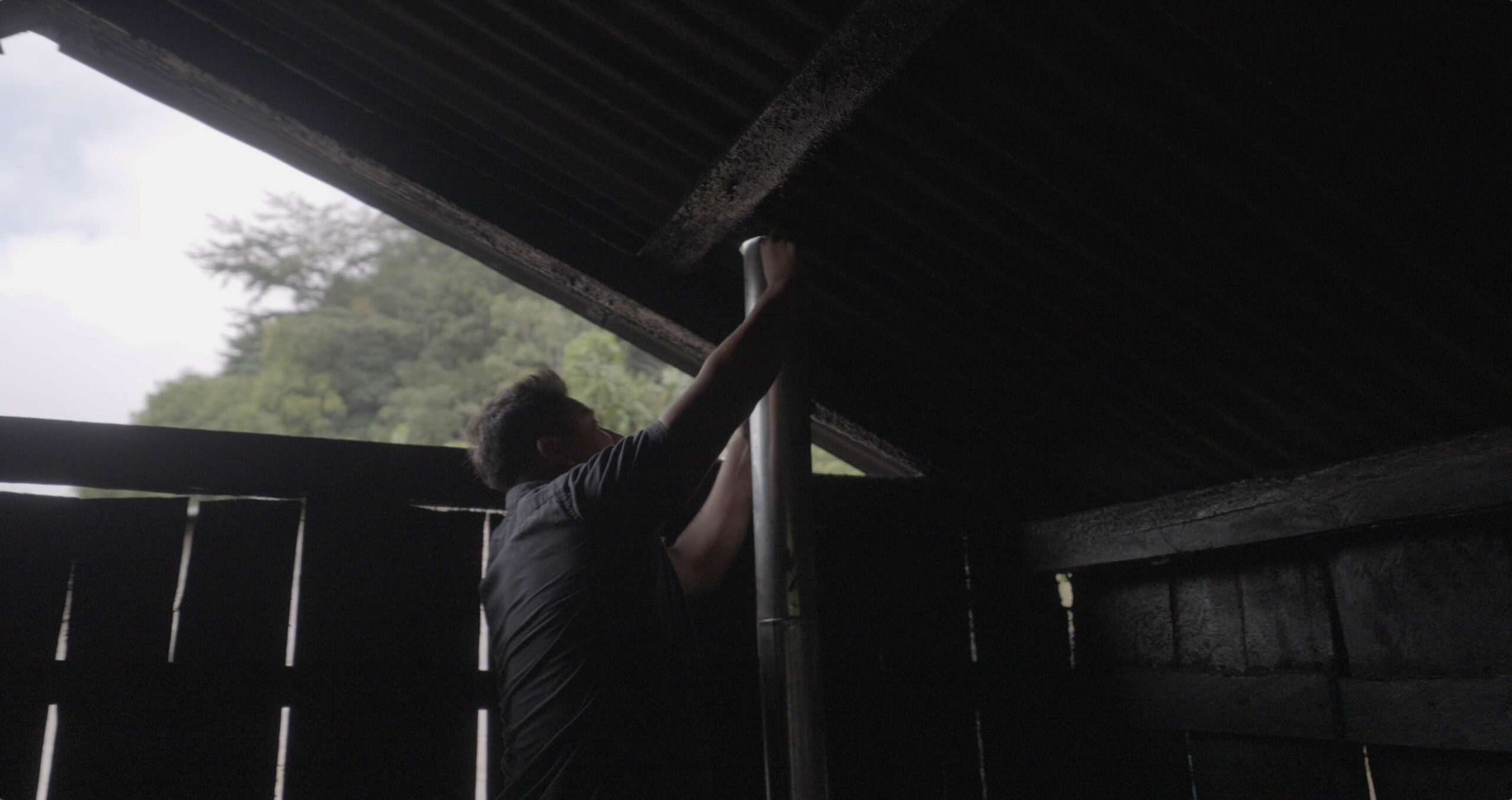
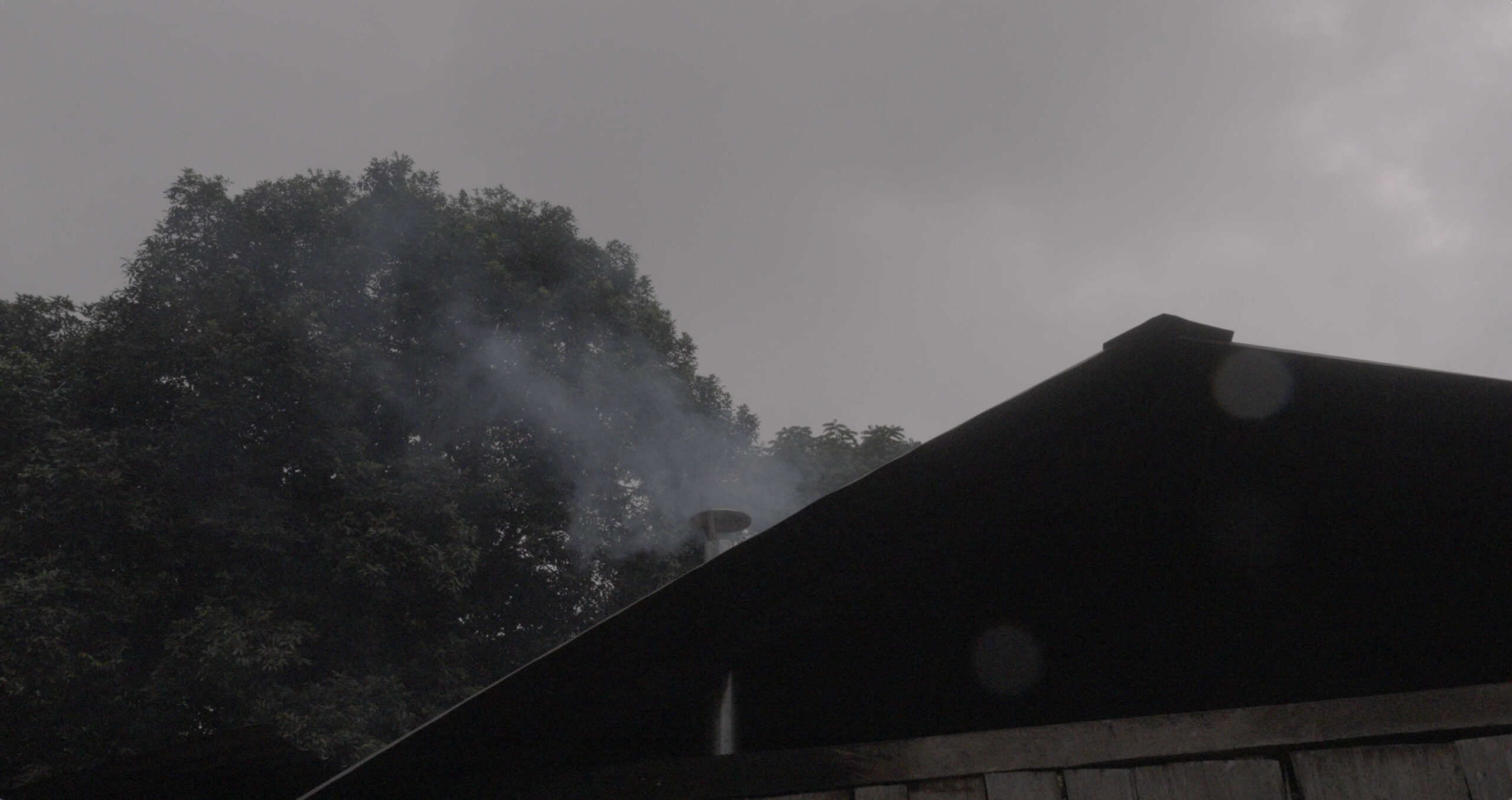
The result is a smoke-free kitchen, and less demand for firewood. Both health, and reduced logging effects will be seen rippled across time.
